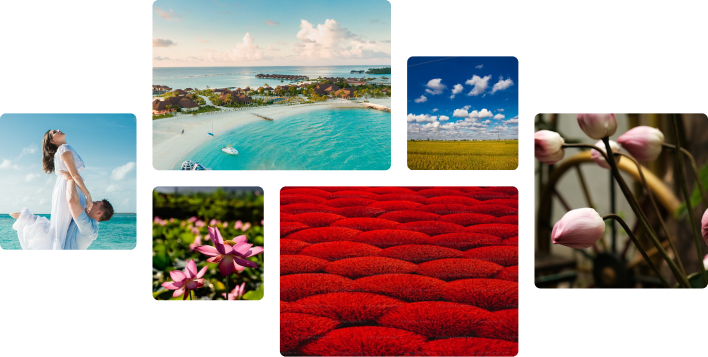

Sign up for 63Stravel VIP membership to enjoy special offers.
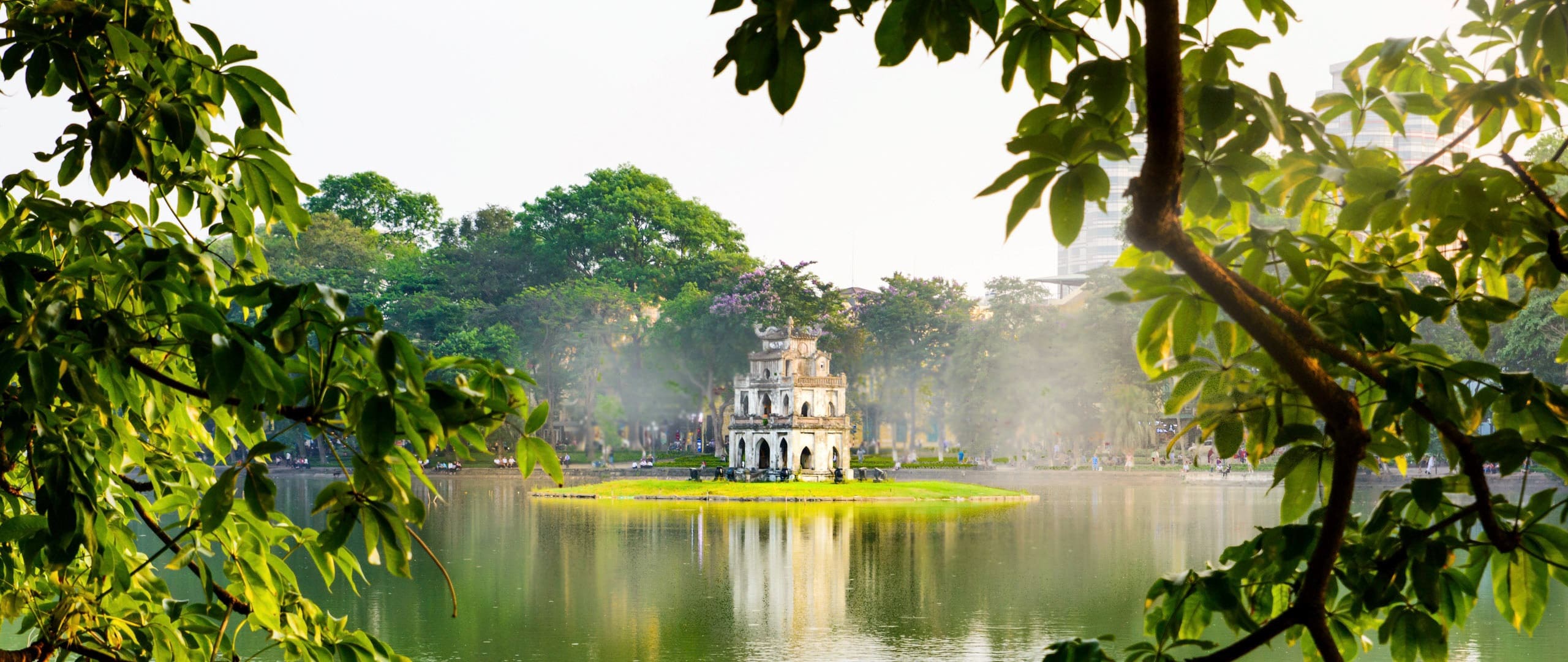 Hanoi (6)
Hanoi (6)
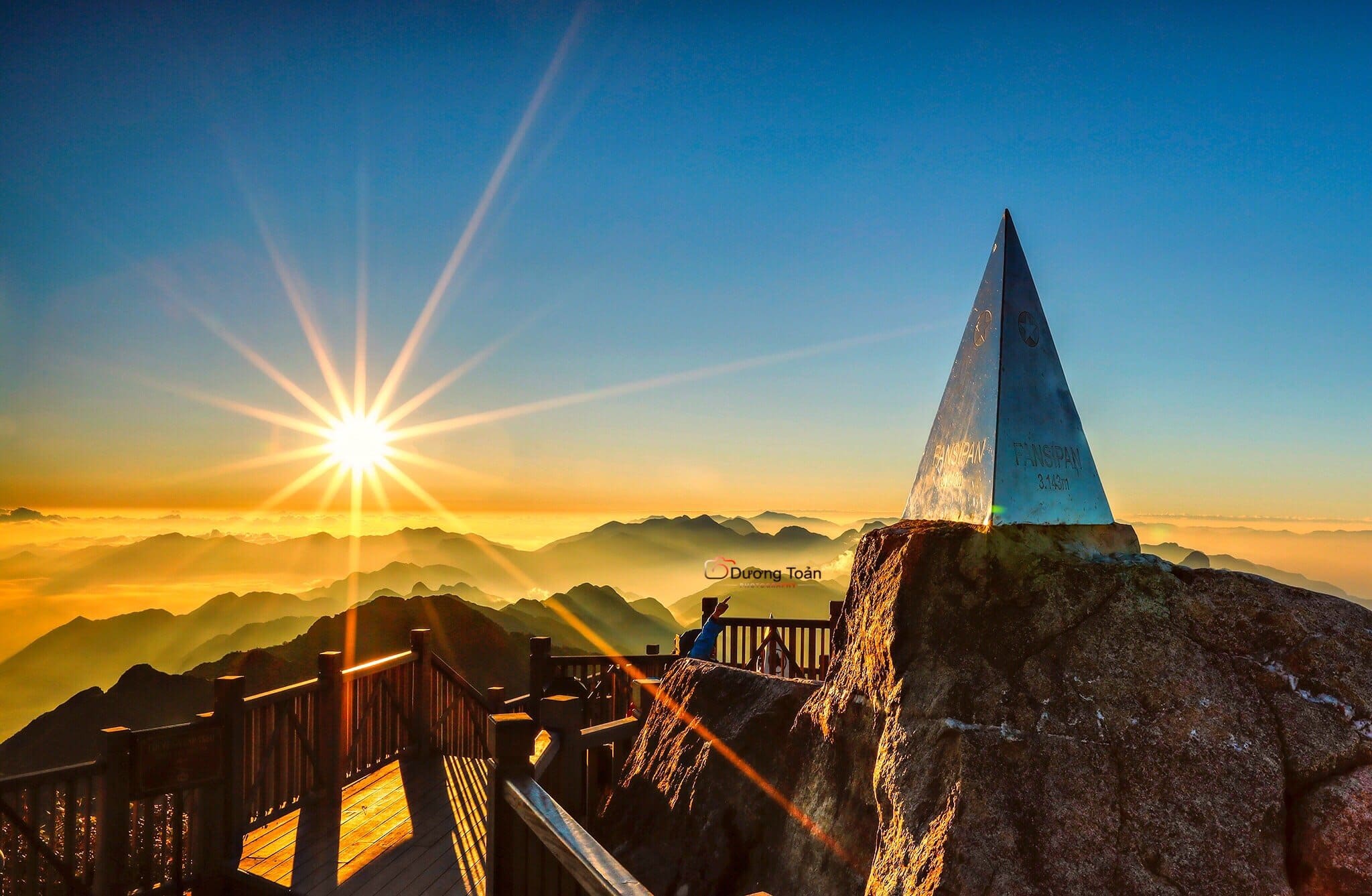 Lao Cai (1)
Lao Cai (1)
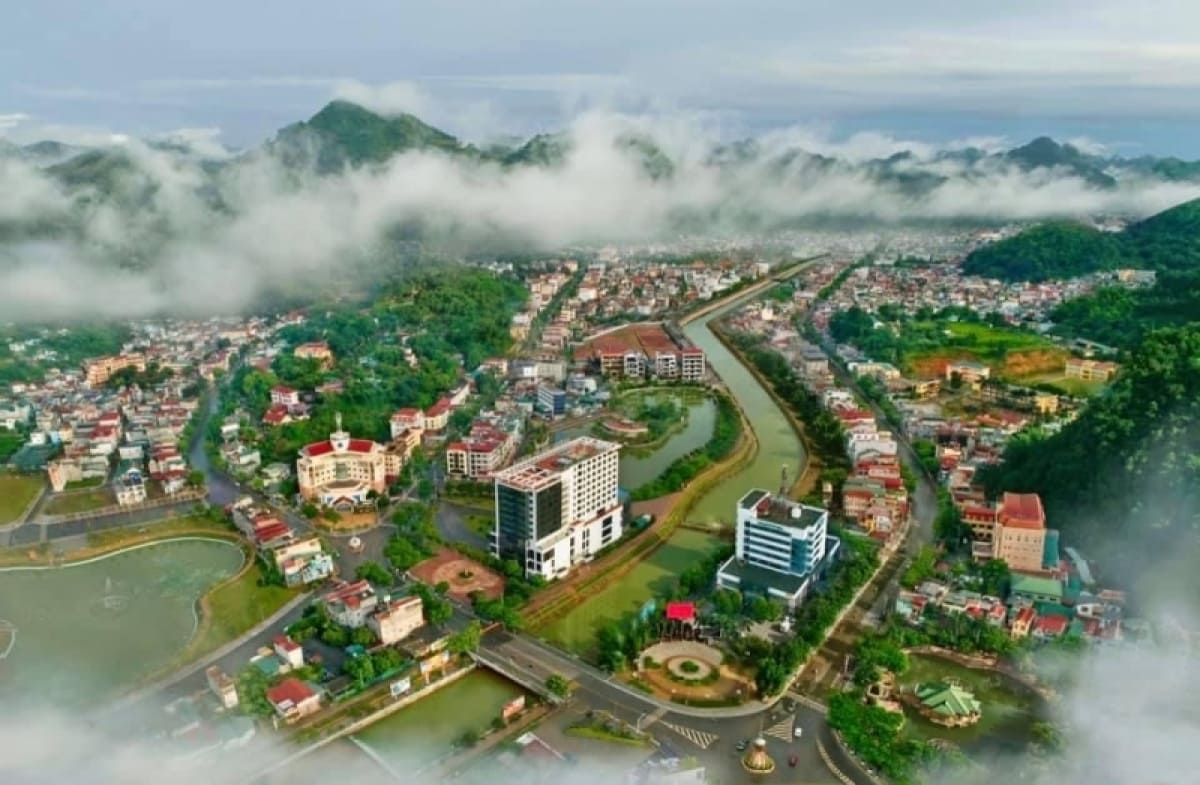 Son La (2)
Son La (2)
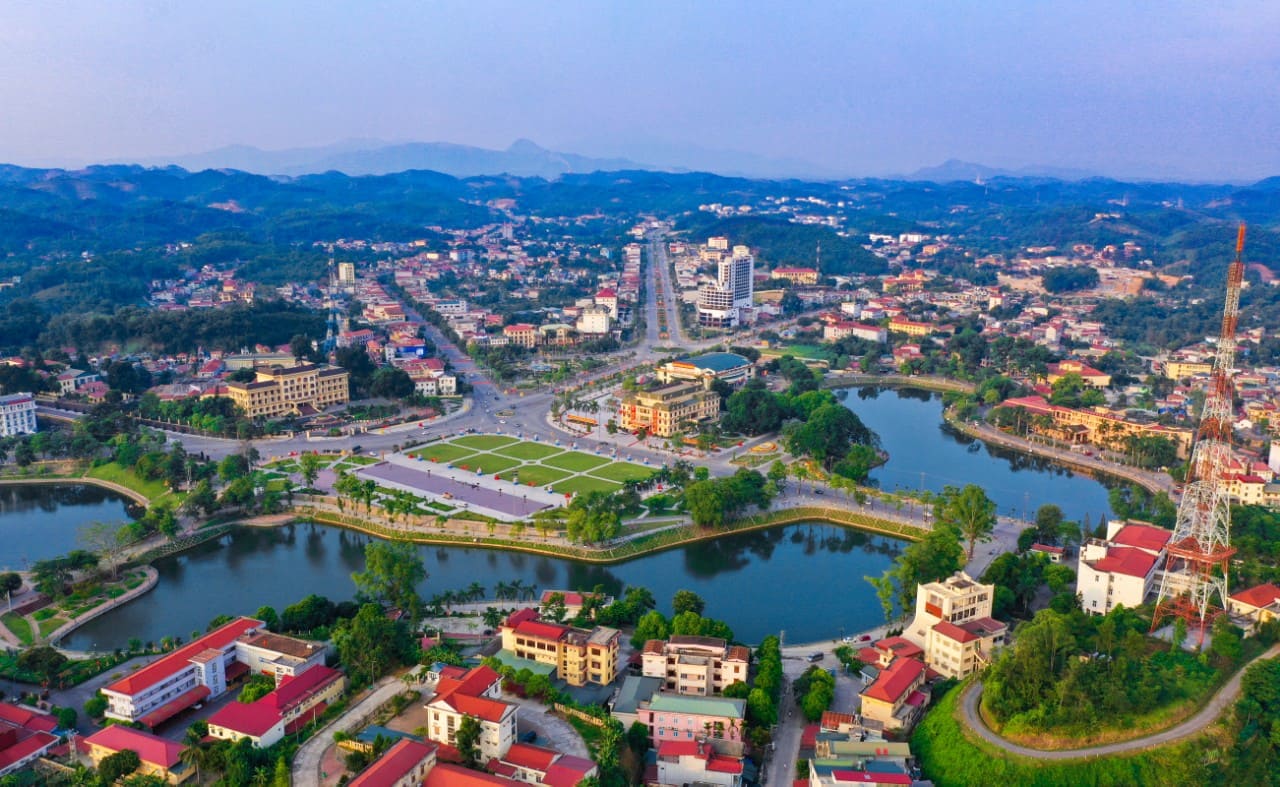 Yen Bai (1)
Yen Bai (1)
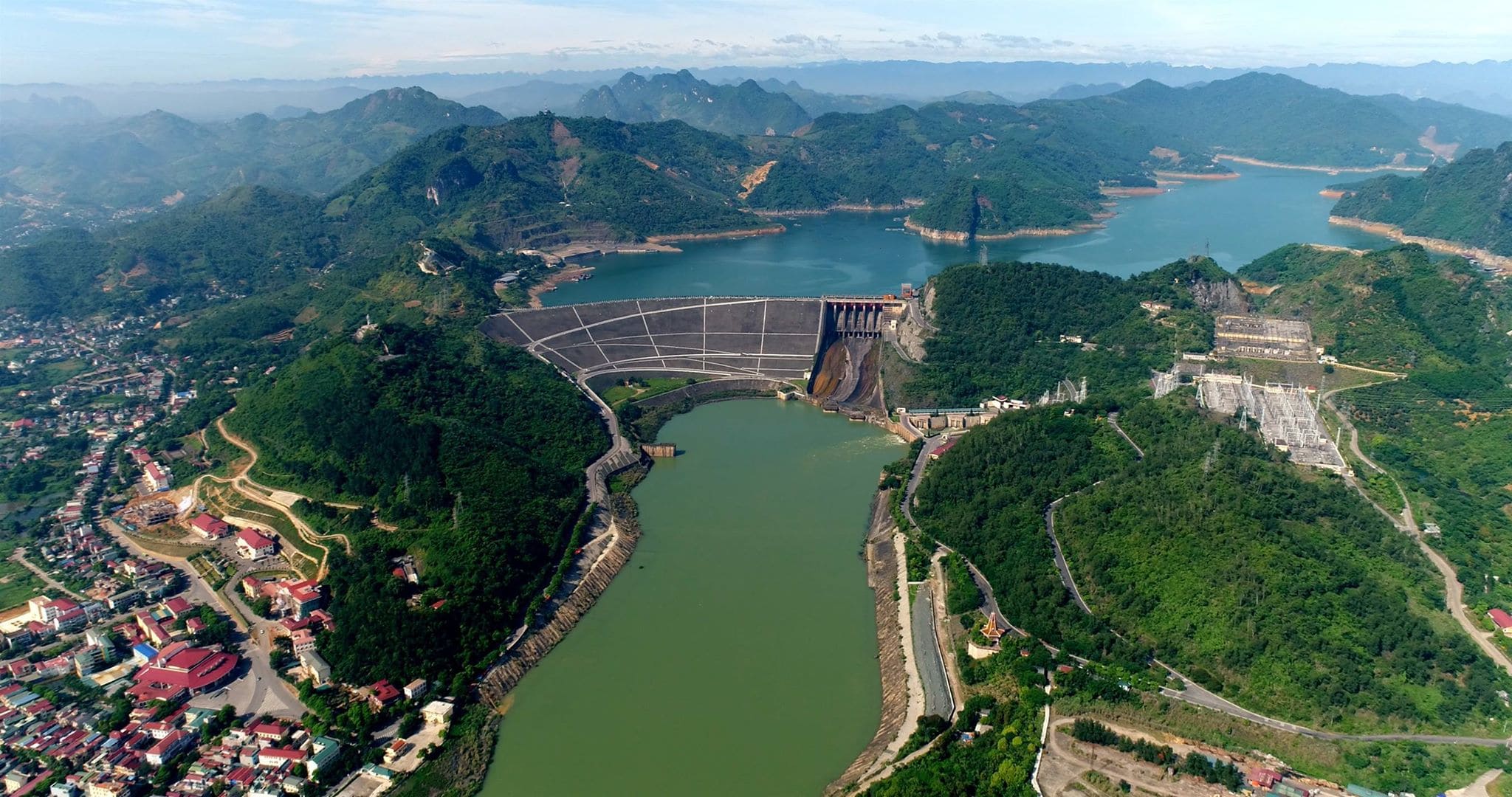 Hoa Binh (1)
Hoa Binh (1)
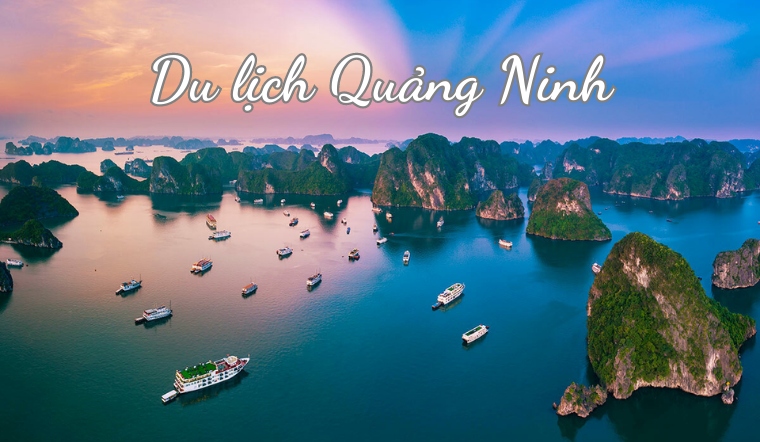 Quang Ninh (18)
Quang Ninh (18)
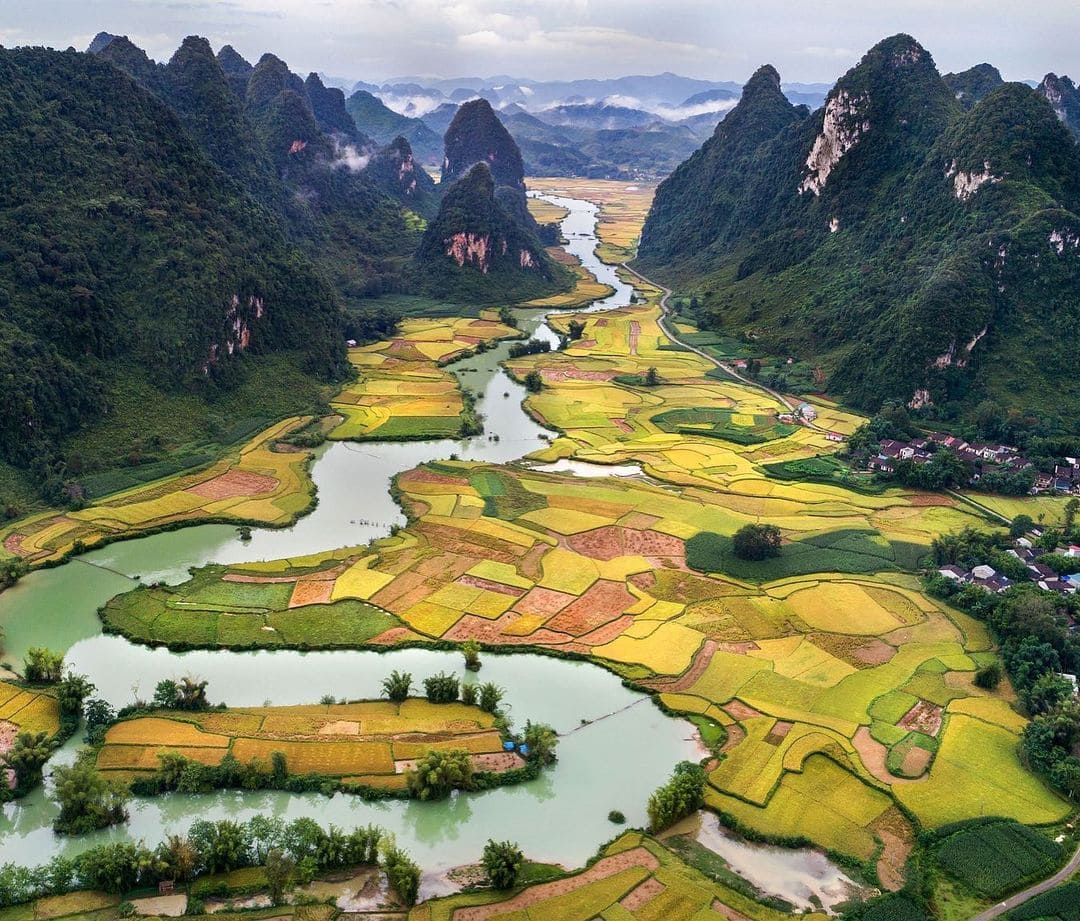 Ninh Binh (1)
Ninh Binh (1)
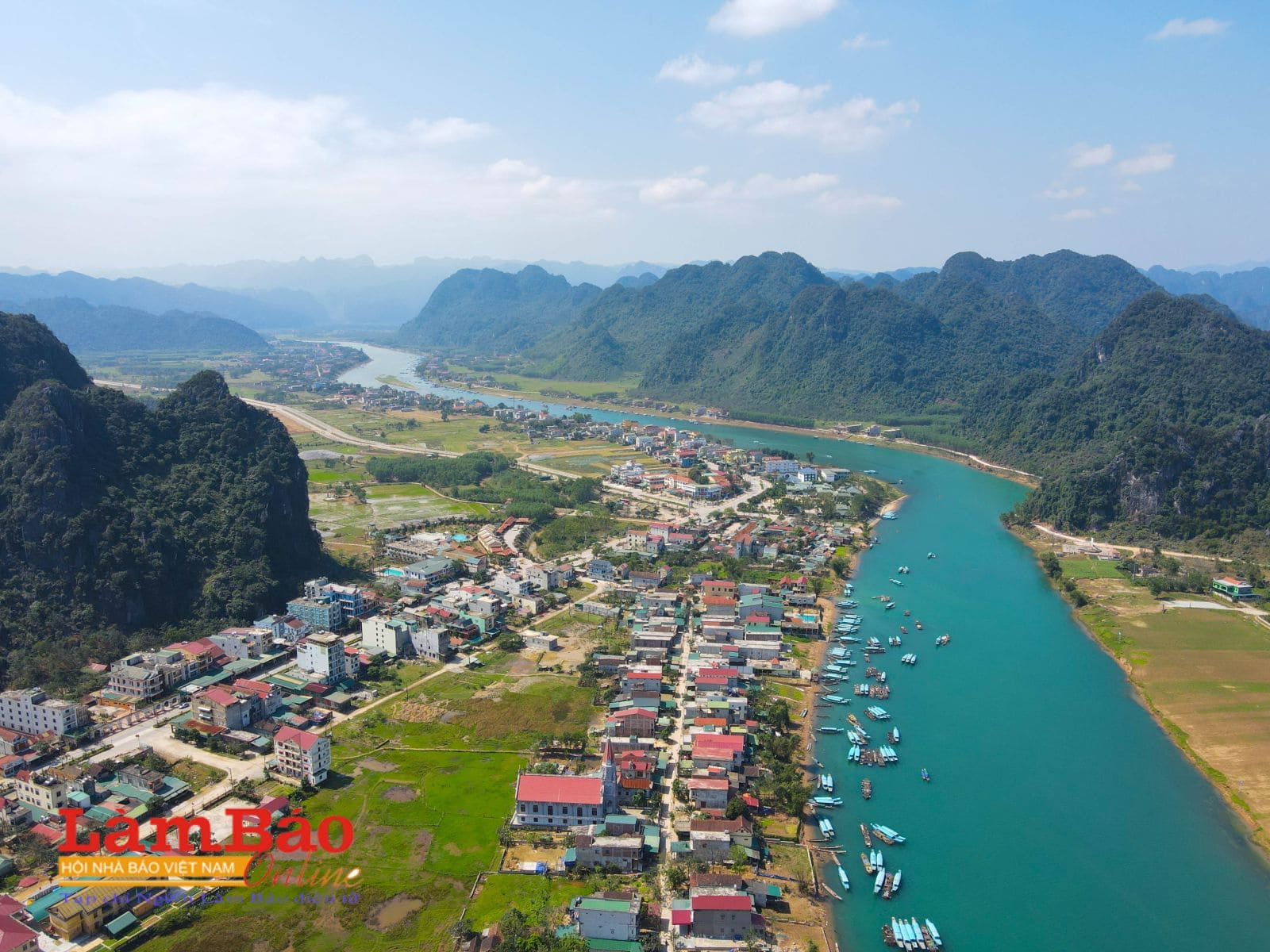 Quang Binh (2)
Quang Binh (2)
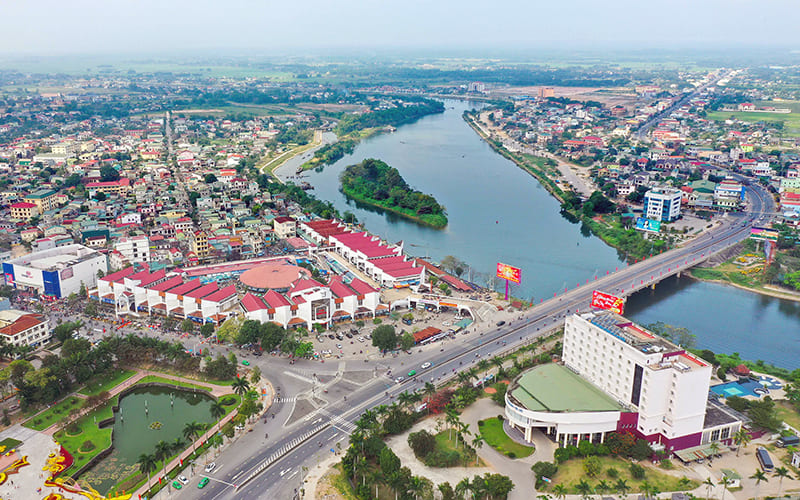 Quang Tri (1)
Quang Tri (1)
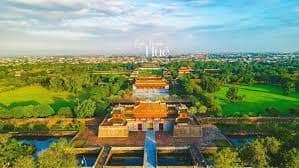 Hue (17)
Hue (17)
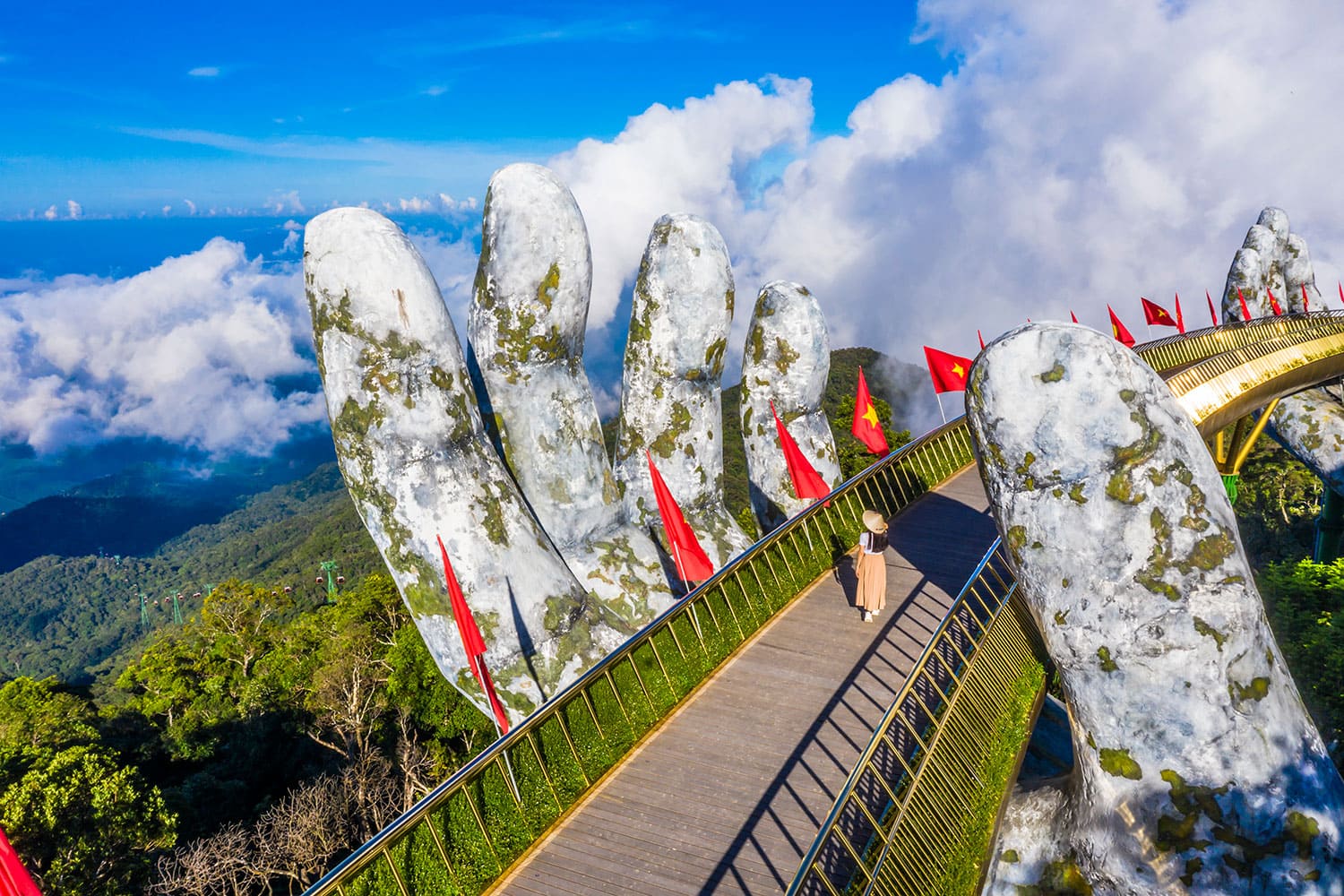 Da Nang (24)
Da Nang (24)
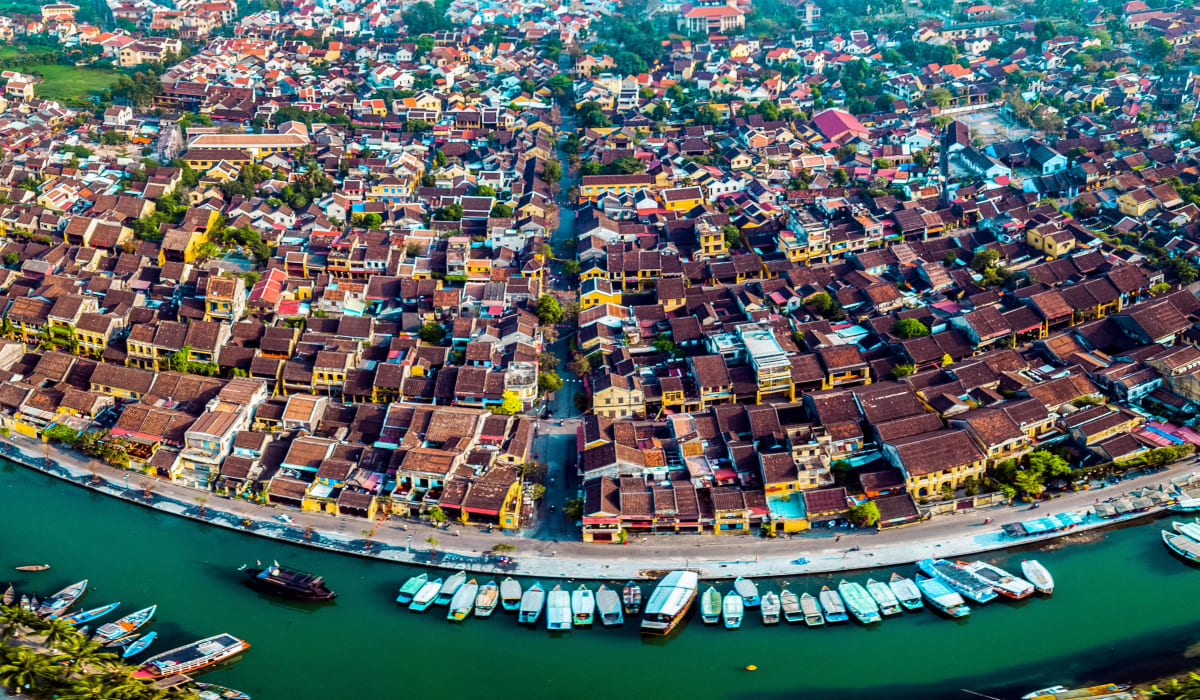 Quang Nam (16)
Quang Nam (16)
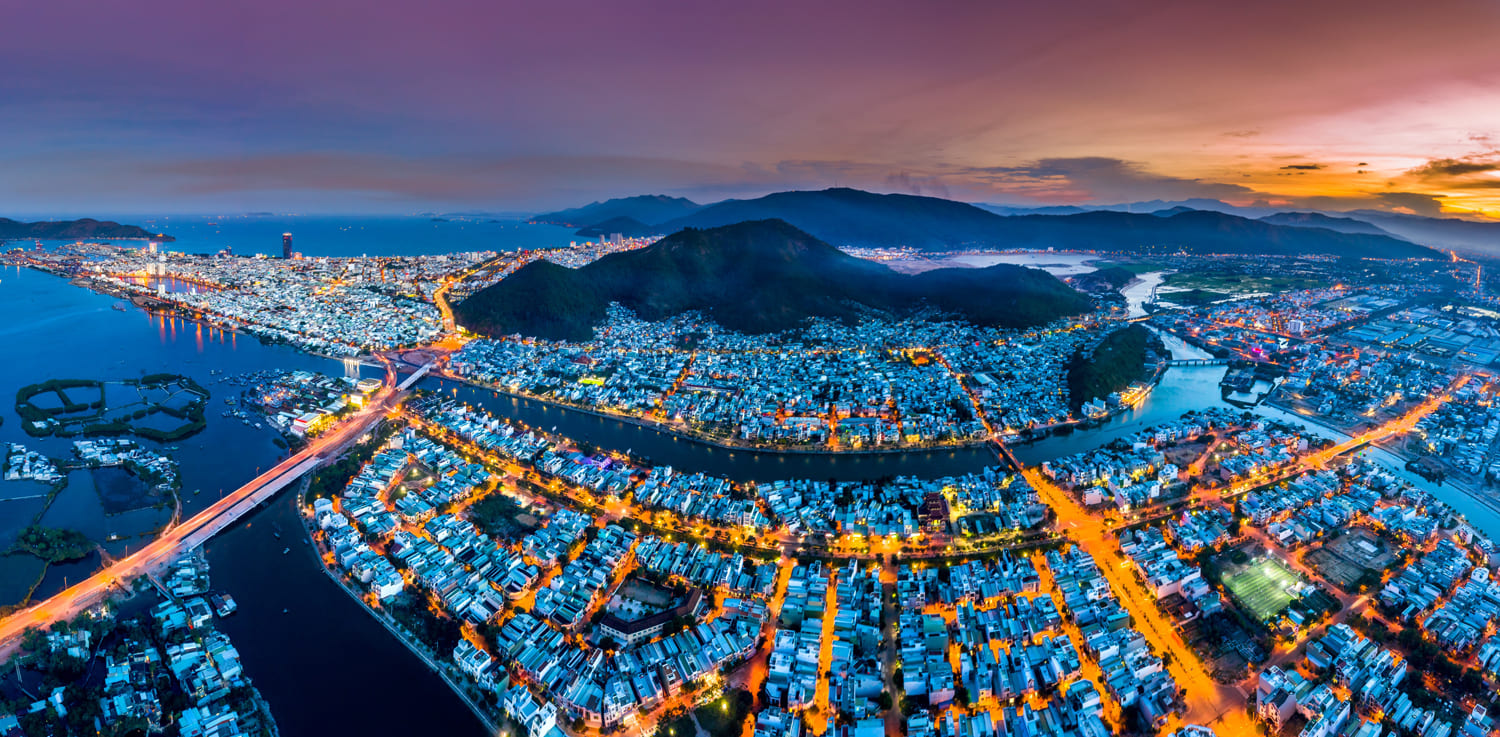 Binh Dinh (1)
Binh Dinh (1)
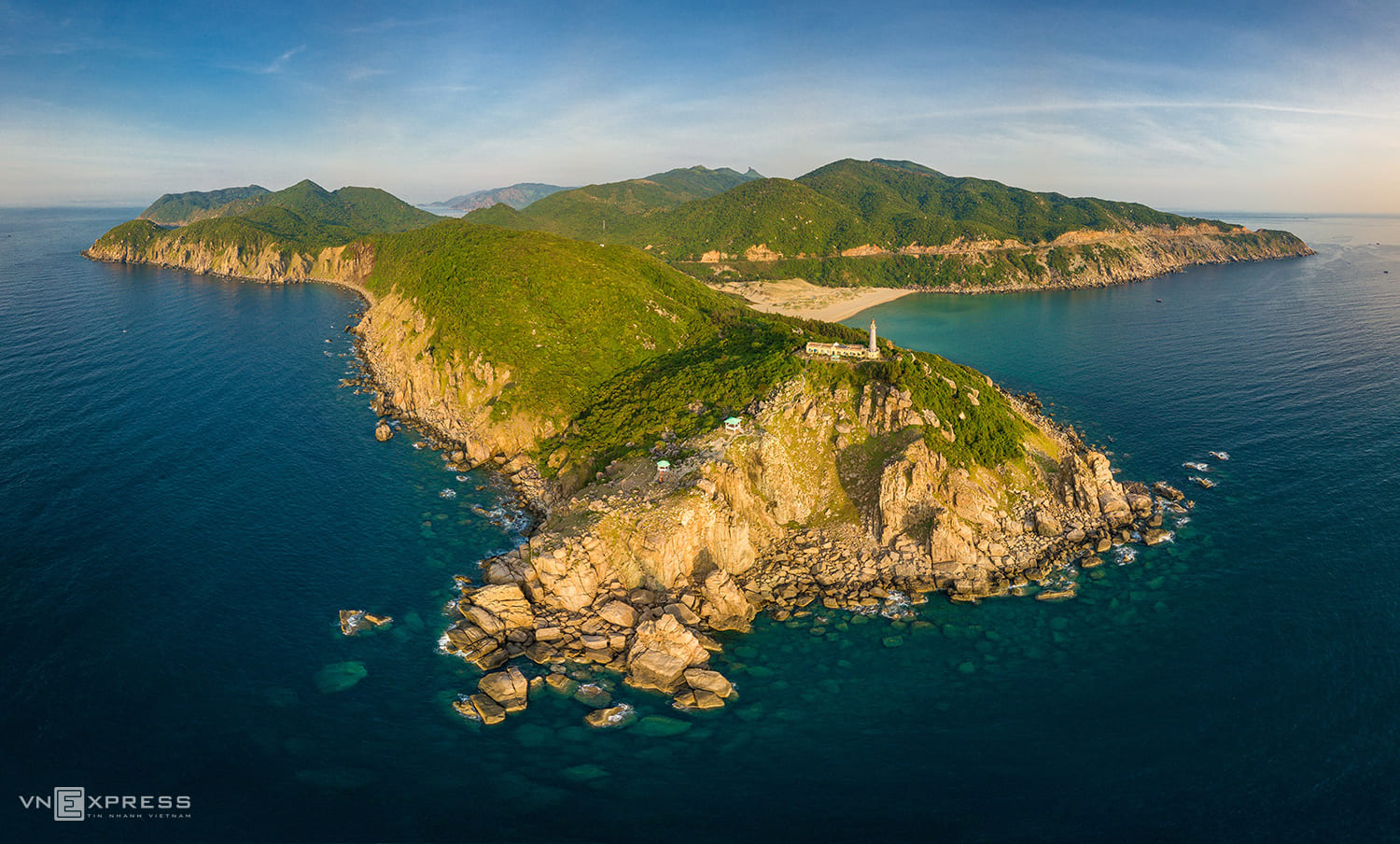 Phu Yen (1)
Phu Yen (1)
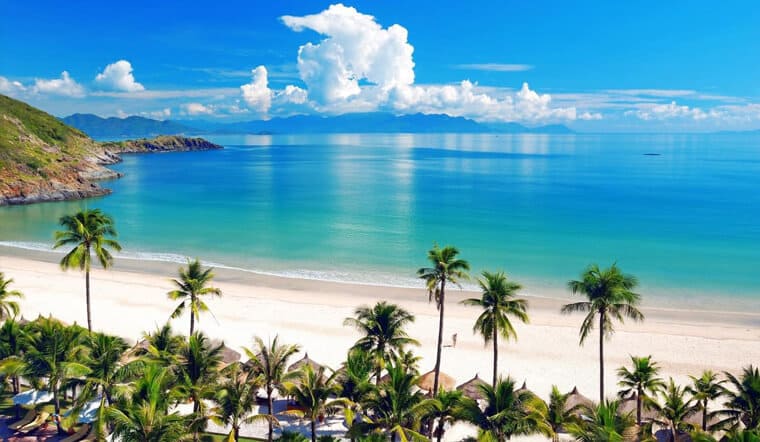 Khanh Hoa (12)
Khanh Hoa (12)
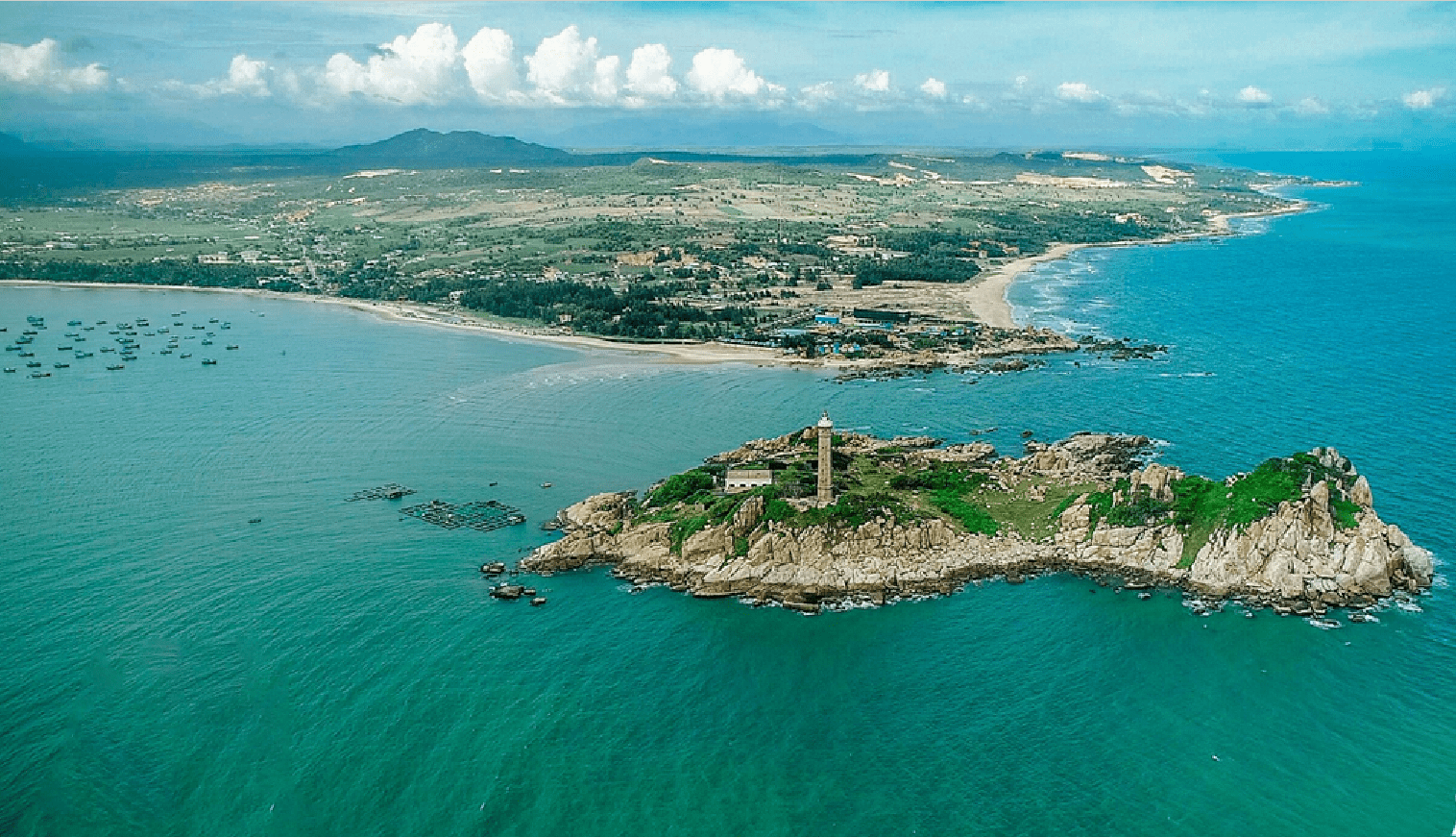 Binh Thuan (1)
Binh Thuan (1)
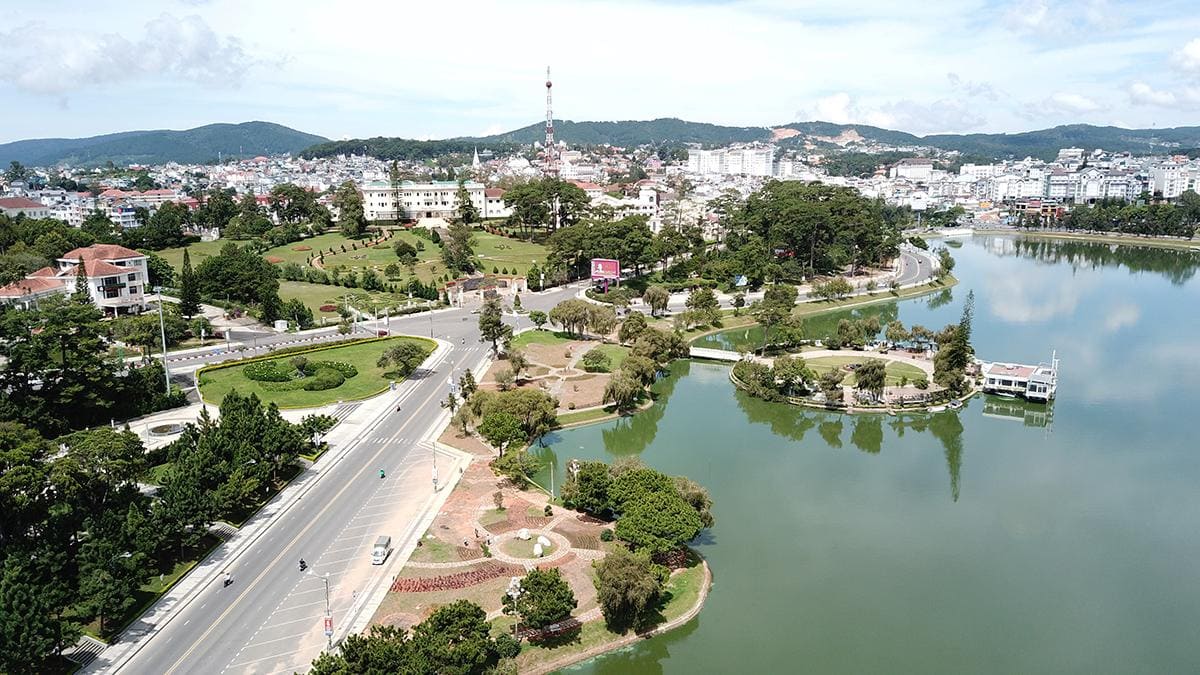 Lam Dong (7)
Lam Dong (7)
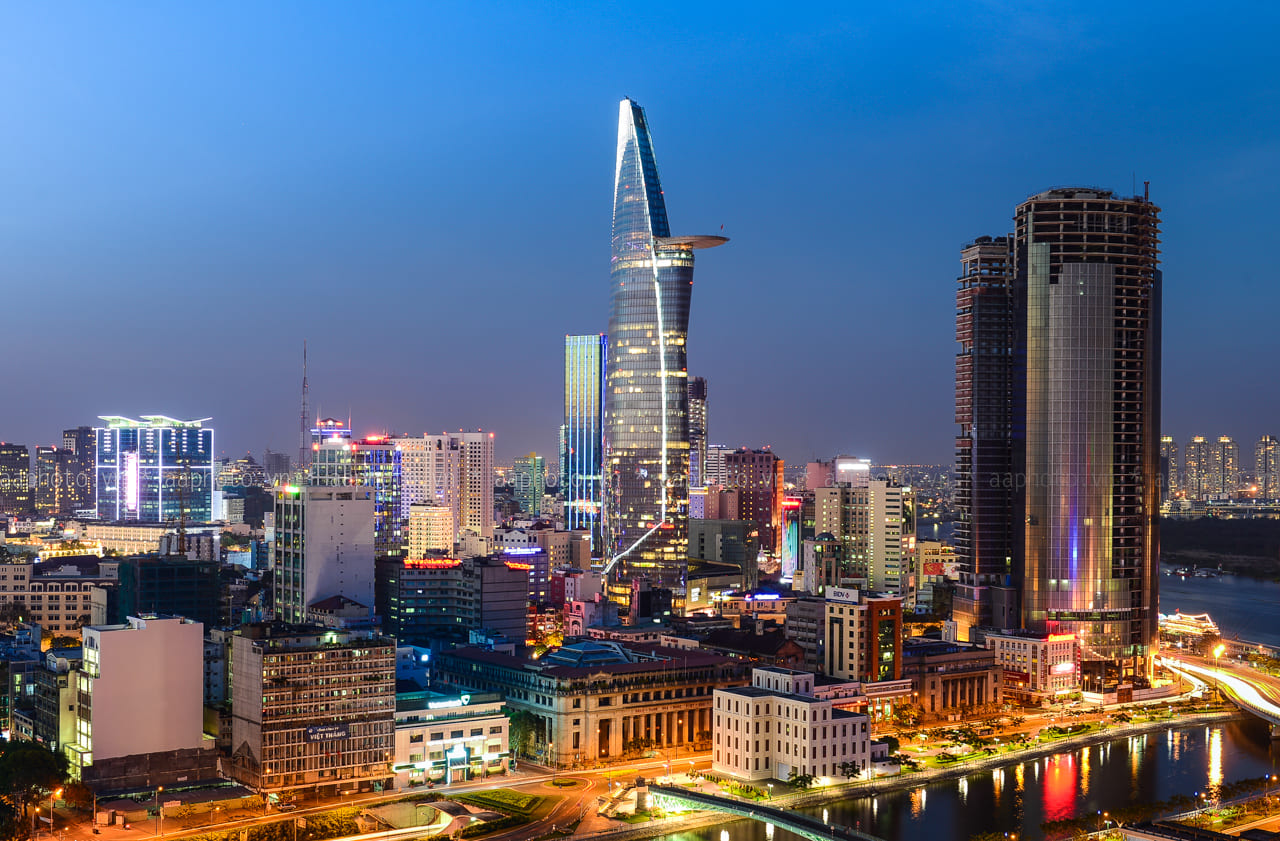 Ho Chi Minh City (3)
Ho Chi Minh City (3)
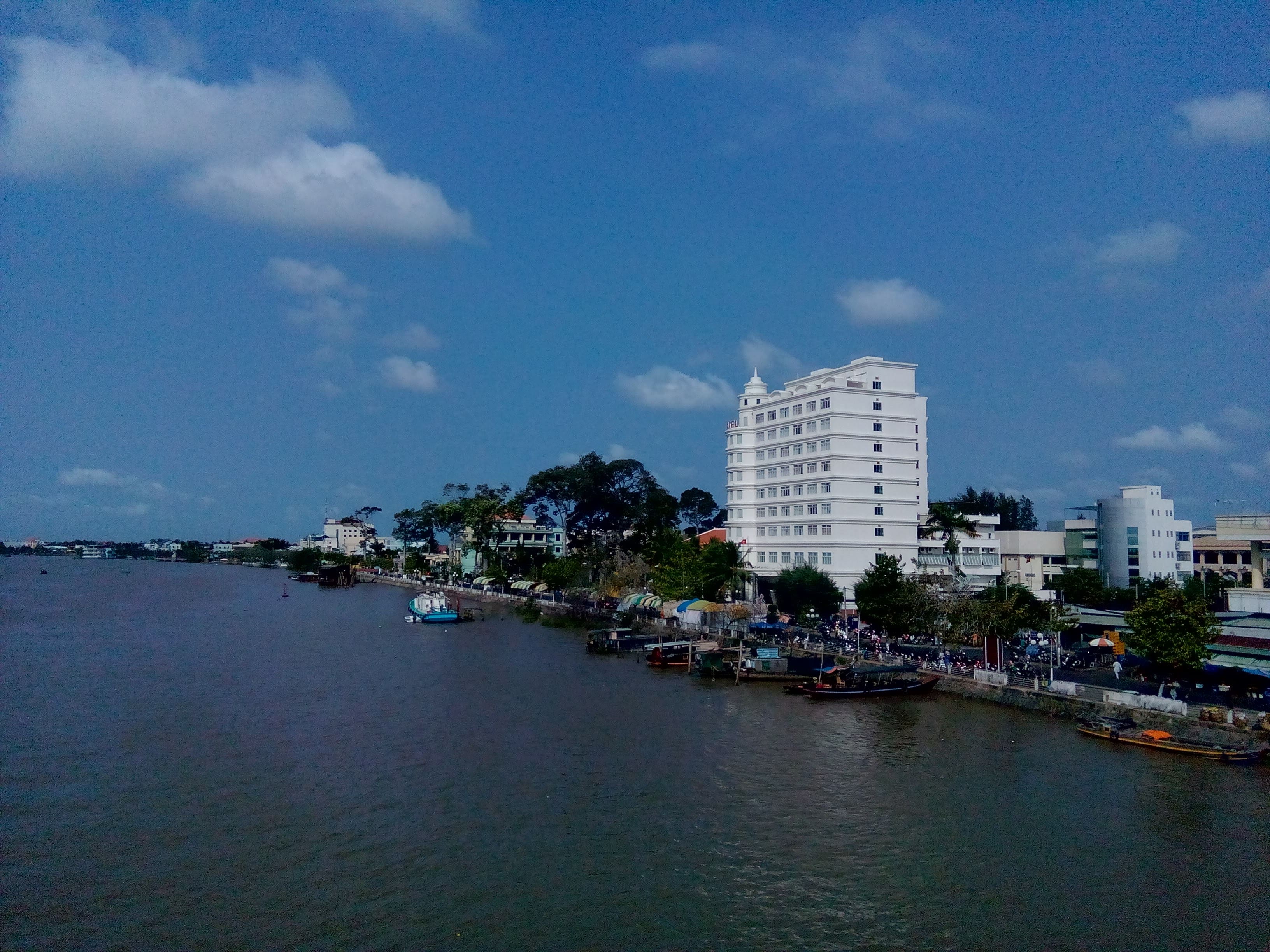 Ben tre (3)
Ben tre (3)
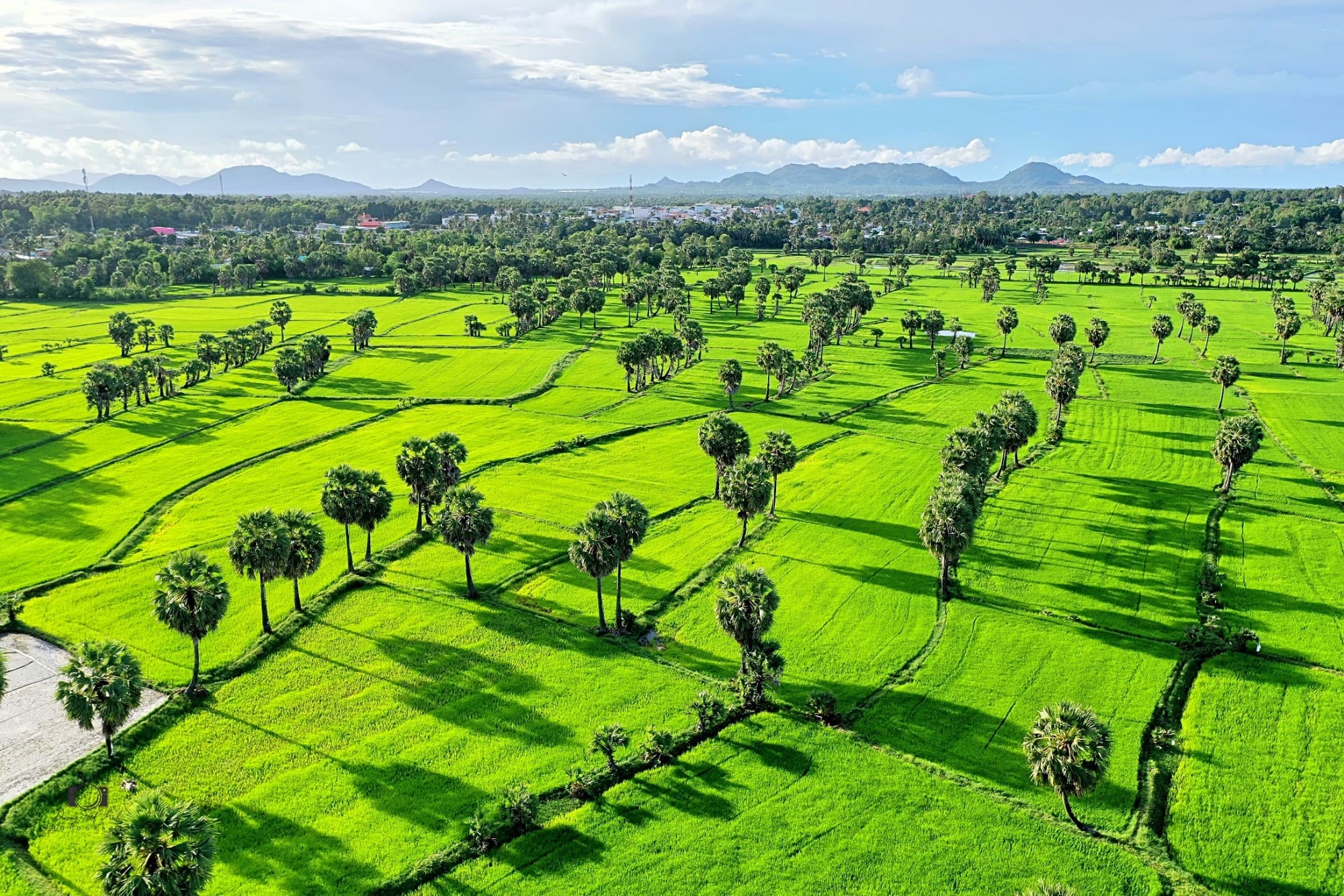 An Giang (1)
An Giang (1)
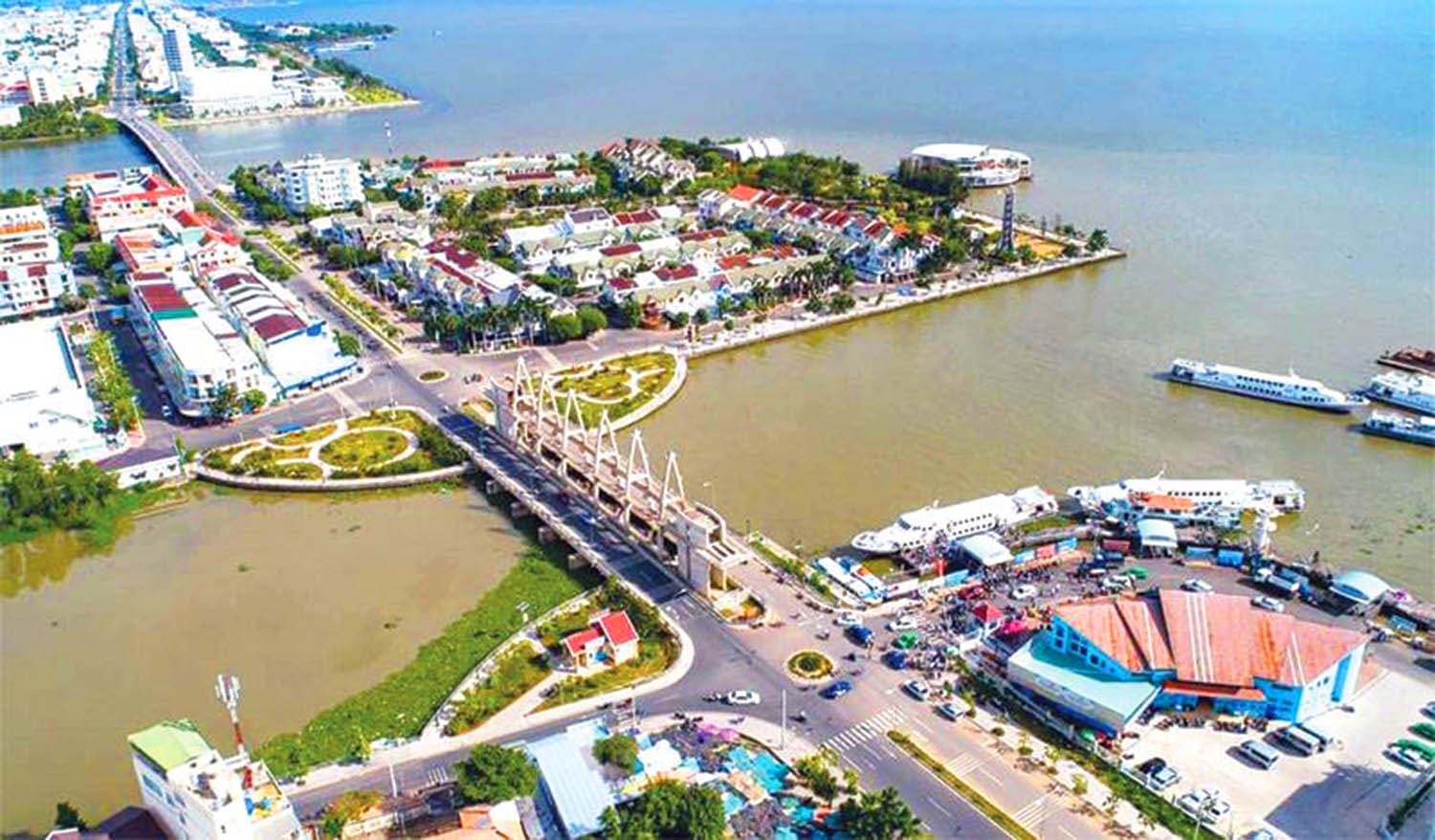 Kien Giang (4)
Kien Giang (4)
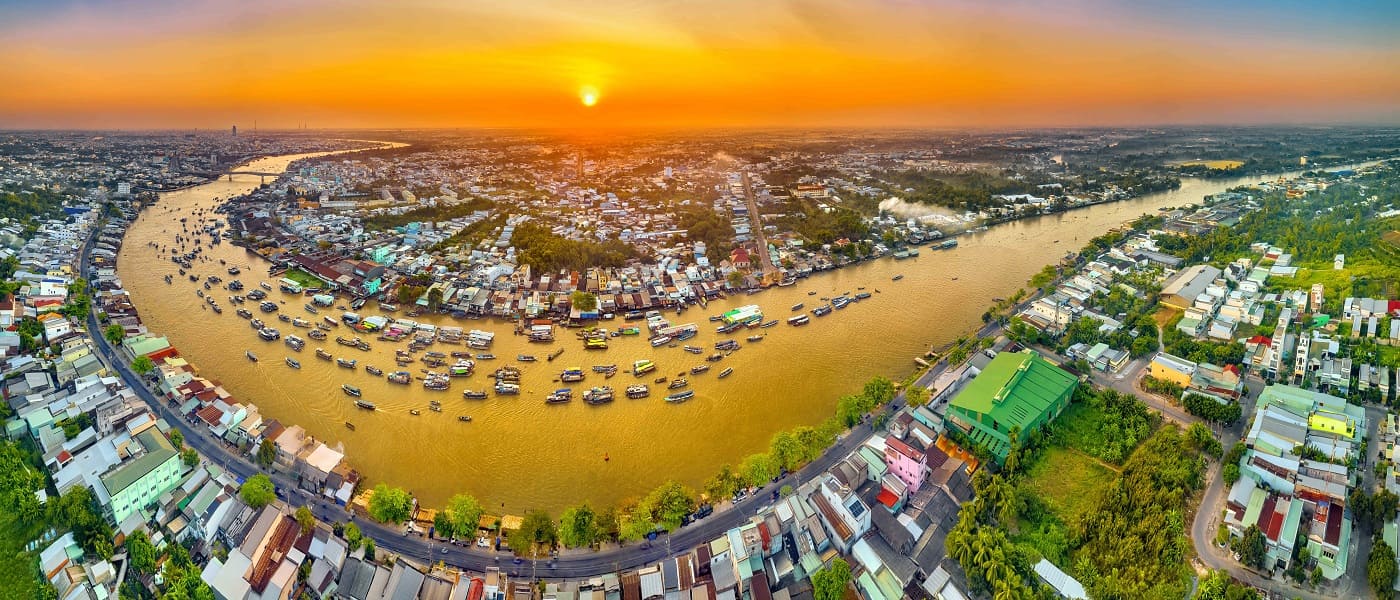 Can Tho (3)
Can Tho (3)
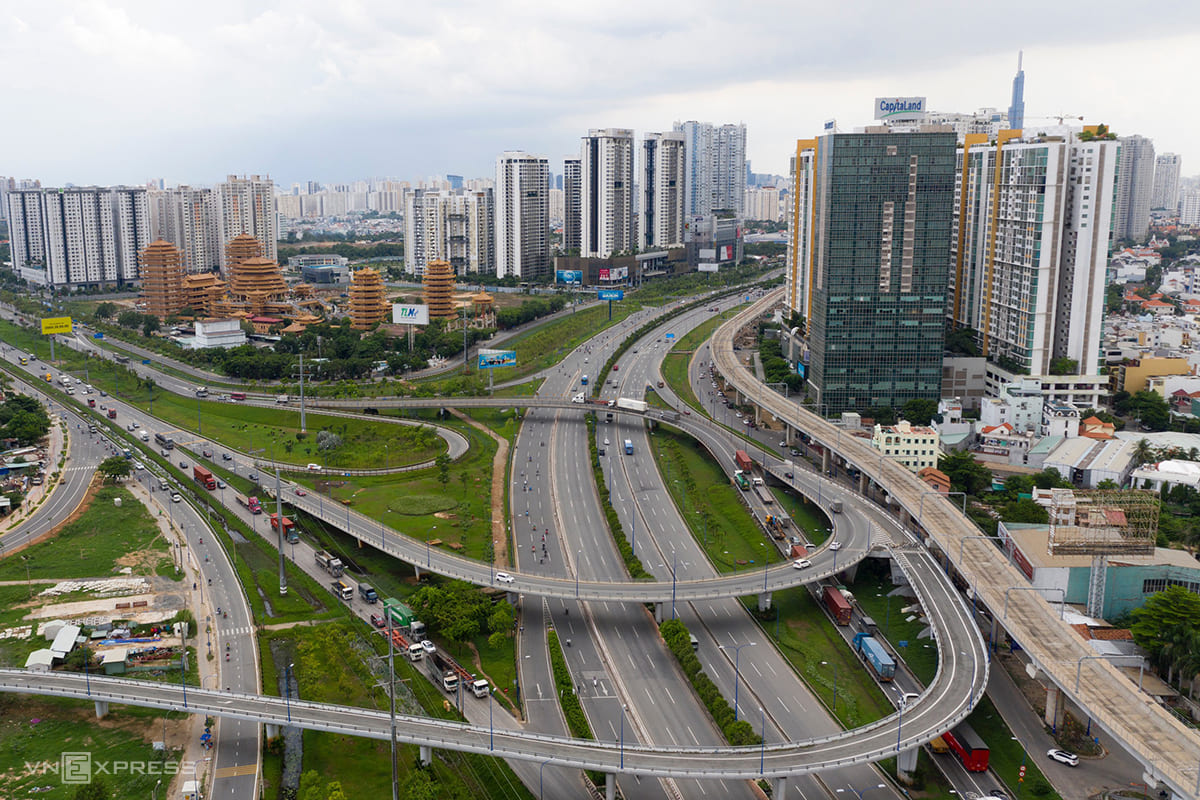 Foreign (3)
Foreign (3)
83 Nguyen Thi Minh Khai, Phuoc Hoa, Nha Trang, Khanh Hoa
Restaurant type Asian dishes
Tourism Association Khanh Hoa Not confirmed yet
Evaluate 5 () See map
Discount 5% member 63Stravel Vip
5.0 (0 Evaluate)
See all
Asian dishes
Tourism Association Khanh Hoa Not confirmed yet
83 Nguyen Thi Minh Khai, Phuoc Hoa, Nha Trang, Khanh Hoa
Discount 5% member 63Stravel Vip
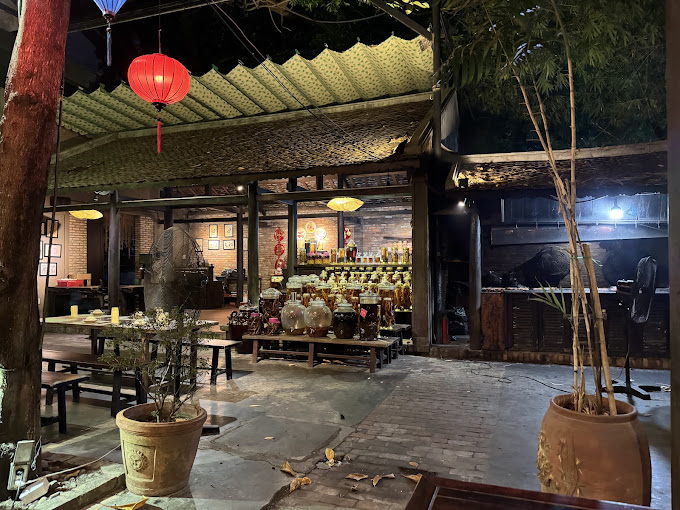
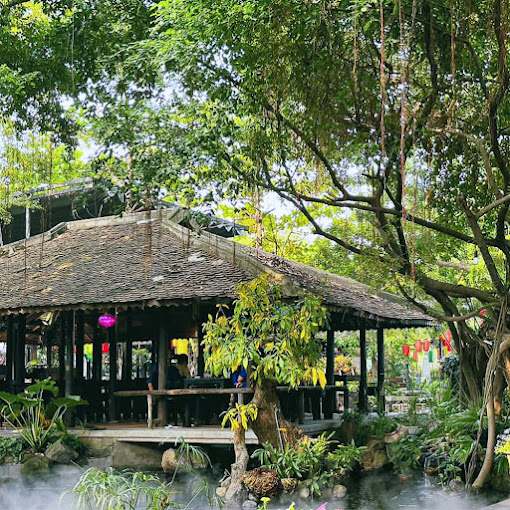
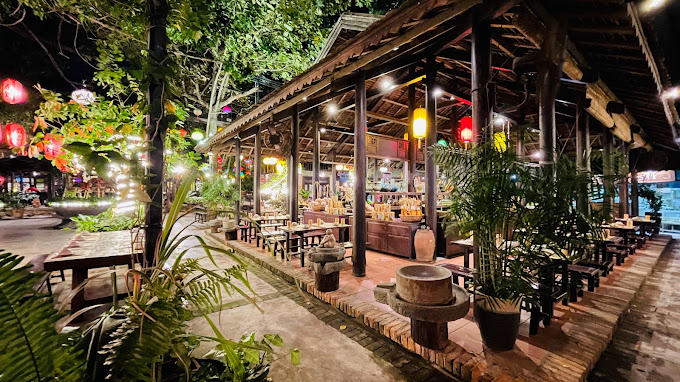
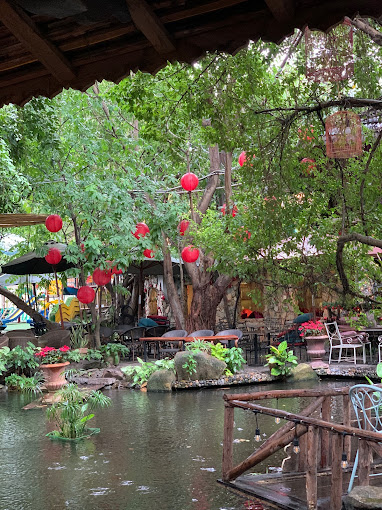
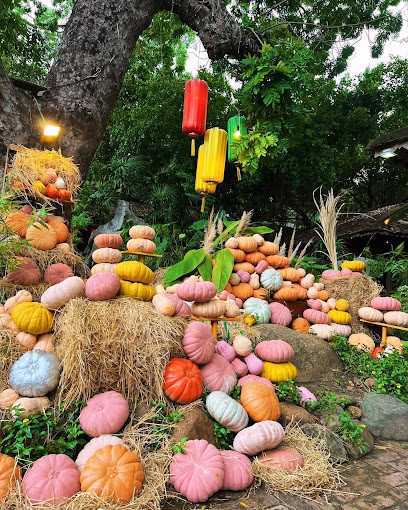
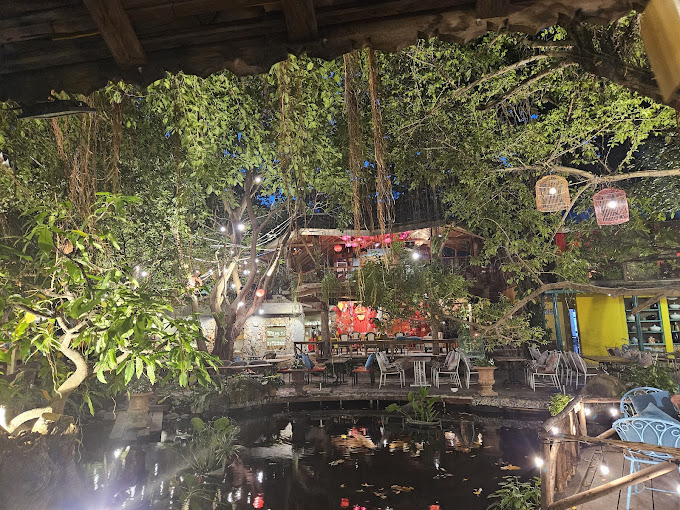
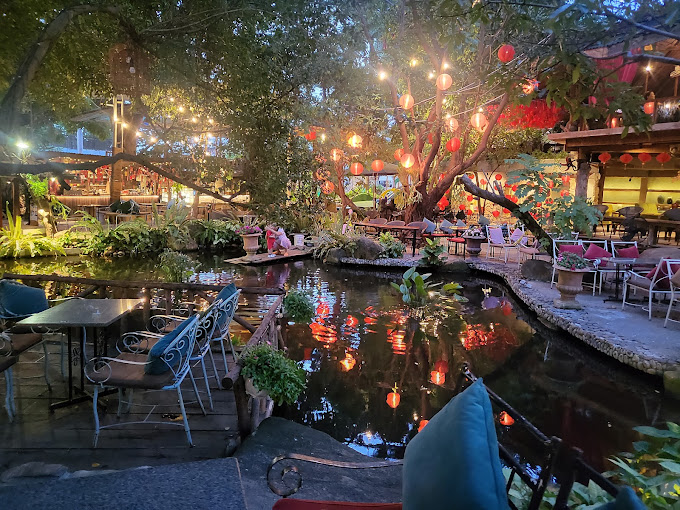
5.0 (0 Evaluate)
See all
Nha Trang seafood and 3-region cuisine restaurant, where customers can choose from more than 300 typical dishes from North to South and Nha Trang seafood specialties. The restaurant's large area of 3,000 square meters includes indoor and outdoor areas with many green trees and impressive layout following the model of a miniature Vietnamese village. The price of the dish starts from 25,000 VND.
Lang Ngon - Vietnamese Cuisine & Seafood Restaurant stands out with its diverse, unique, unique, and delicious 3-region culinary menu. This place has never disappointed any diners in the taste of the food, the food presentation as well as the atmosphere of a Vietnamese village.
Located right in a beautiful location - the center of the coastal city of Nha Trang, with a campus area of up to 3,000 square meters, Lang Ngon - Vietnamese Cuisine & Seafood Restaurant can serve a large number of diners every day with delicious dishes. quality food. The design style is inspired by the image of an old village in the North, Vietnam, with ancient features but full of sophistication and charm. The space reminds many people of memories right from the first touch. In particular, the entrance gate is carved meticulously and carefully with the name of Lang Ngon - Vietnamese Cuisine & Seafood Restaurant, in harmony with the mossy tiled roofs, unintentionally creating a miniature village close to nature. bonsai.
You will surely be very impressed by the extremely large yard of Lang Ngon - Vietnamese Cuisine & Seafood Restaurant, interspersed with ancient brown curved tiled roof houses, a few small corners displaying details and symbols. Characteristics that connect Vietnamese culture such as the buffalo, lotus pond, banana tree... are full of poetry and poetry. No matter where you sit, you can feel the relaxation and harmony with nature right at Lang Ngon - Vietnamese Cuisine & Seafood Restaurant.
Lang Ngon - Vietnamese Cuisine & Seafood Restaurant is famous for its unique culinary menu and unique Vietnamese village atmosphere.
The staff of Lang Ngon - Vietnamese Cuisine & Seafood Restaurant is very diligent in taking care of this small village
Inside the restaurant premises, there are also many types of fruits, drinks, beer... for you to choose from
Stretching across the most beautiful bay in the world, Vinpearl Nha Trang is a resort complex and attractive destination today. Vinpearl system in Nha Trang owns a system of luxurious and high-class hotels & resorts, VinWonders Nha Trang amusement park, golf course and all-in-one service ecosystem, fully meeting the needs of relaxation. , cuisine, entertainment, shopping to professional meetings. Nha Trang is considered the most beautiful bay in the world with more than 300 sunny days a year. Therefore, you can choose to travel to explore Vinpearl Nha Trang at any time of the year. However, the dry season from January to September is still the most ideal time to come to the coastal city. From February to May, Nha Trang has cool weather suitable for vacation trips. From June to August, the weather is sunny, Nha Trang is suitable for swimming, jet skiing, parasailing... To get to Nha Trang, you can choose to travel by plane or bus. After that, you will arrive at Vinpearl Nha Trang port so you can go to the Vinpearl Nha Trang entertainment resort complex by canoe or speedboat. When you arrive at Hon Tre island, you will travel by Vinpearl Nha Trang's electric car system to get to the resort and entertainment venues. As the world's leading beach resort destination, Vinpearl Nha Trang offers visitors many choices of accommodation. It is a system of high-class hotels and resorts with luxurious, modern space and full amenities. Vinpearl Resort Nha Trang possesses pure Asian beauty with luxurious Indochine architecture. The resort is located on Hon Tre island next to a natural beach with white sand and golden sunshine. Here you can immerse yourself in the cool blue water of the large swimming pool, snorkel to see coral and admire the colorful beauty of fish. Standing out in the Vinpearl Nha Trang resort complex, Vinpearl Resort & Spa Nha Trang Bay possesses a modern and graceful bow-shaped architecture stretching on a beautiful beach with white sand and blue sea. The resort has the most beautiful and vivid view from the bed overlooking the entire Nha Trang Bay. Vinpearl Resort & Spa Nha Trang Bay was honored by the prestigious World Travel Award as Vietnam's Leading Beach Resort in 2018. Particularly attractive amenities that the resort offers visitors are spa huts with therapeutic treatments. Relaxation and body care program. Vinpearl Luxury Nha Trang is a place to stay that gives visitors a peaceful place of soul with every moment passing peacefully with their loved ones. The resort is located on a paradise beach with 84 beautiful villas amidst a fresh tropical garden. There are also many other resorts. Coming to Vinpearl Nha Trang, visitors can enjoy breakfast, lunch, and dinner at the restaurants in each hotel and resort. In addition, you can experience very unique flavors in the unique and magnificent space of Vinpearl's restaurant system. Coming to Vinpearl Nha Trang, don't miss the fun journey at VinWonders park with 6 game zones including nearly 100 rich entertainment activities. The amusement park is located on Hon Tre island with an area of more than 50 hectares. There are also many other attractive experiences such as: Vinpearl Diving Club Nha Trang, Vinpearl Golf Nha Trang and epic art performances... waiting for you to explore.
Khanh Hoa
From January to December
1908 view
With a history of more than a century, Nha Trang Institute of Oceanography was founded by the French in 1923 in this beautiful coastal city. With a temperate environment and a rich diversity of marine life, this is a place specializing in ocean research and is also an ideal destination for tourists who want to learn about the region's culture, history and marine specialties. this land. The Museum of Oceanography of Nha Trang Institute of Oceanography is also one of the must-see attractions in Nha Trang city. Nha Trang Institute of Oceanography is Southeast Asia's largest research institute on marine plant and animal life, founded in the early twentieth century by French scientists. This place was chosen because of its favorable geographical location and optimal natural conditions for marine creatures to live and develop. The Museum of the Institute of Oceanography owns a massive collection, typical of the marine ecosystem with about 4,000 species of creatures and more than 20,000 specimens stored extremely carefully here. In addition to the specimen display area, the institute also owns areas for keeping, taming and preserving many other diverse and unique marine species. It will definitely be an interesting experience for those who love oceanography and want to explore the mysterious ocean world. Entering the aquarium of Nha Trang Institute of Oceanography, you will be fascinated by more than 10,000 individuals of more than 300 diverse and abundant marine species. In particular, many species are listed on the IUCN red list such as sharks, sea turtles, corals and giant squids. From adorable little fish to giant sharks, from sparkling seashells to beautiful corals, all are recreated realistically and vividly in this aquarium. If the aquarium is a place that attracts all classes of visitors because of the vivid beauty of marine creatures, the marine biodiversity display area is considered a place that creates value and characteristics for the museum. Stepping into the Museum of Oceanography, you will be immersed in the magical world of the ocean. With more than 23,000 specimens of 5,000 marine species collected and preserved for many years, the marine life museum has become the place "storing the largest collection of marine specimens" recognized by VietKings. Here, you will admire rare creatures, see beautiful corals and learn about the ocean ecosystem in the most authentic way. Once you visit this museum, you will not only find a passion for the ocean but also gain an invaluable amount of knowledge about the diversity and richness of the marine ecosystem. When visiting Nha Trang Institute of Oceanography, you need to note the following points. When visiting the Institute of Oceanography, you should arrive early to have plenty of time to explore the entire area of the institute. You should prepare comfortable clothes and shoes to be able to move and visit easily. You should also bring a bag to hold personal items such as drinking water, tissues and camera. If you plan to go sightseeing at sea or snorkel to see coral, please register in advance and carefully refer to the staff's instructions to ensure safety. Hospital areas can be crowded on weekends or holidays, so you should plan and book tickets in advance to avoid crowding or sold out tickets.
Khanh Hoa
From January to December
2196 view
The scene at Hon Mun Island is a harmonious combination between the vast blue of the sea and the cool green of the forest trees. All create an airy and extremely peaceful natural scene. Hon Mun is also home to many types of coral, with more than 2,000 species of coral and 1,500 species of marine life. This is also the only marine conservation area in Vietnam. According to the World Wildlife Fund (WWF), Hon Mun is the island with the most marine biodiversity in Vietnam. With a total area of 160km2, Hon Mun island is located in the southeast of Bong Nguyen island, about 14km from the coastal city of Nha Trang. This place is 10km south of Cau Da port, one of the most famous islands in the Khanh Hoa sea, and also one of the most famous tourist destinations in Nha Trang. Not only does it possess impressive natural scenery with the blue of the sea and sky. This is also a famous place with an extremely rich marine ecosystem. The name of the island "Hon Mun" is given according to the characteristics of the rock color on the island, with the jet black rock color resembling ebony here, it has created a difference and is the formation of the island's name. Coming here, you will see steep cliffs or high rocky outcrops that stand out against the blue sky and sea. Create an impression and uniqueness that cannot be compared anywhere else. Nha Trang is blessed by nature with a mild climate. With weather that is not too harsh, you have many ideal times to visit the island. Except for stormy days, you can almost visit Hon Mun easily. According to Hon Mun Nha Trang travel experience, the most ideal time to travel to Nha Trang as well as visit Hon Mun is from July to September every year. At this time, the weather in Nha Trang is beautiful and sunny, the sea water is clear and cool, it is a great time to watch the ocean on scuba diving trips. Hon Mun Island is still quite wild, services are not yet developed. Therefore, it is very difficult to find restaurants and eateries on the island. To enjoy delicious dishes, tourists often buy seafood from local fishermen's fishing boats and ask them to prepare it. Or you can also buy food, borrow a stove or oven to prepare delicious dishes your own way. Organize barbecue parties with friends, with a wonderful peaceful ocean space. Hon Mun Nha Trang is one of the most beautiful sightseeing and diving paradises in Vietnam. It is a place worth experiencing, it will definitely leave many good impressions on you. With much development potential, Nha Trang promises to become a leading tourist destination.
Khanh Hoa
November to April
1800 view
The beach is located in Dai Lanh commune, Van Ninh district, Khanh Hoa province, right next to National Highway 1A, about 80km north of Nha Trang city center. Dai Lanh's scenery is very beautiful thanks to nature's gift of a long white sand beach with great slope so visitors can swim and dive far from shore. In particular, this tourist destination in Nha Trang has blue sea water that can be seen to the bottom and still looks wild and clean. Next to it is a source of fresh water that flows into the sea all year round without drying up. Dai Lanh beach is likened to a princess sleeping in the middle of the vast ocean because few people live here and the surrounding scenery is quite peaceful and quiet. Although, in 2010, a travel company invested in building a resort here, this place still appears as an exciting, pristine beach. That is an interesting thing for tourists who want to find a space to rest after months of hardship and hard work. In particular, with a comfortable, airy, fresh space, you can also come here with your family and friends to have fun and organize group games. One of the joys of tourists when visiting Dai Lanh is following the light keepers or fishermen hunting eels at sea. This species of fish was once compared to the streamers of the ocean. Eels often reside in places with dangerous terrain, fast-flowing water, and deep and dark rock holes. There are 3 types of eels: coconut eels (yellow), black eels and cotton eels (black and white spots). Eel hunting is very difficult, but for visitors who love adventure, this will be an opportunity to try their hand at exploring the sea. Although it still has its inherent wild beauty, today, tourists can find restaurants and hotels to serve their meals and relaxation more quickly and easily. These areas are built around the beach, just a short walk, you and your loved ones will find an ideal place to rest. Dai Lanh beach is considered the most beautiful beach in the central region and the whole country. For such an ideal tourist destination, Nha Trang cannot help but exploit and serve the tourism industry. Therefore, in the near future, the beach will be centrally planned to further promote local tourism development to exploit all the advantages here, making Dai Lanh a tourist destination in Nha Trang. The site is not to be missed for visitors.
Khanh Hoa
From January to December
1942 view
Doc Let Nha Trang, also known as Doc Let, is located in Ninh Hai ward, Ninh Hoa town, Khanh Hoa province, Vietnam. Doc Let beach stretches with high white sand beaches, separating the mainland from the sea with rows of green poplars swaying in the wind. About 49 km south of Nha Trang city center, Doc Let is famous as an ideal Nha Trang tourist destination in the summer, very suitable for those who want to have a vacation on a pristine beach. There are many explanations for the name Doc Let. Many visitors who hear this name for the first time cannot help but be curious about its reason and story. To visit Doc Let, you are required to cross large, high sand slopes to reach the beach. Due to the terrain with those high sand dunes, every time you move, it is as if there is a natural sand wall blocking you, slowing you down. Every step you take, every time the sand sinks deep, it seems to hold your footsteps and make it difficult to take a step. Every time I walk through Doc Let, I feel like I just want to "drag" away because I'm so tired. Although it's hard, you will be rewarded when you cross the sandy slope and reach the beach, where the wind blows gently as if waking up after a sweltering summer sleep. The waves waved to welcome the "miracle" of overcoming the high and steep sand dunes. Currently, most of the natural sand slopes are gradually being flattened to facilitate travel and transportation to serve the expansion of tourism services. You can even see locals riding motorbikes along the beach, because the sand is flat and very rough. Although there are many different ways to explain the name Doc Let, they all originate from the topography and soil properties of these places. Learning about the name Doc Let is quite interesting, you can encounter many different stories from local people when talking about this name. Doc Let Nha Trang belongs to the coastal plain climate sub-region, characterized by a tropical monsoon climate and influenced by sea breeze weather, so the climate is temperate all year round. The average annual temperature is 26.6 degrees Celsius. The rainy season is mainly concentrated in October and November, the average rainfall is about 1350 mm/year. The number of sunshine hours is quite high, about 2482 hours/year. The best time to come to Doc Let is from January to September, when there is a lot of sunshine, sometimes combined with southwest winds, so the scenery is very airy and dry. October to December is the time of the northeast monsoon, traveling at this time is mainly for sightseeing because Doc Let sea water is so cold that it is impossible to carry out fun activities along the coast or in the water. Of course you cannot bathe on the beach this season because the water is very cold. If you go to Doc Let in the fourth lunar month, in nearby Ninh Diem there is a quite interesting Cung Dinh festival with many customs to learn and participate in. If you go on this occasion, it will be very interesting. Each time you go at a different time is a completely new experience. Doc Let Beach appears with a pristine beauty covered with pure white sand that captivates the hearts of any visitor coming here. Doc Let is still quite pristine, with dense green trees surrounding the coast, clear blue sea water like turquoise, a blue color that northern beaches rarely have. The sea water is so clear that you can see small fish swimming below and glittering grains of sand rolling along the water. Doc Let Beach is very quiet because it is shielded by a series of surrounding hills, making the sea surface very peaceful and rarely having strong winds. Most of the hills still retain lush green primary forests, creating a feeling of closeness to nature. Doc Let beach stretches about 8 km. Unlike other beaches, Doc Let seabed gradually slopes away from the shore, the water level is not high, up to 100 m away from the shore but the water level is only about chest level. Usually the farther you go on beaches, the deeper the water becomes, but because they are filled with sand, you can still see the "bottom" as you go. Another point, if you bring small children, you can freely let them play on the shallow beach, the reason it is called shallow beach is because the water level is very low, children and people who cannot swim can bathe without worrying about drowning. . The white sand is as smooth as a young woman's skin, gently patted by white ripples. The waves are not too fierce, the water is clear blue but very salty, just take a sip and you'll know right away. The vast, green casuarina forest whispers in the wind as if creating a natural wall of green trees, creating a cool feeling. After swimming, wearing sunglasses and walking barefoot under the casuarina trees, each step placed on the smooth sand brings a gentle feeling as if each acupuncture point is being massaged under the soles of the feet. As far as the eye can see, there is a blue color, catching every ray of sunlight shining through the shady tree canopy, giving you an indescribable feeling of comfort. A beautiful beach with pure white sand, clear blue water, clearly visible white sand grains at the bottom. This place will be an ideal place to help you leave stress and sadness behind and open your soul to receive a wonderful vacation with Doc Let. If you want to see the name "Doc Let" directly, go to the sand dunes to try the feeling of sandboarding from the top down. Believe that this feeling only comes when you go to the sand dunes. My body was covered in sand, sand in my ears, sand in my hair, and even sand in my mouth because of sandboarding. The space here gives you a feeling of freedom and freedom more than ever, basking in the golden sunlight, immersing yourself in the blue sea, your eyes seem to be immersed in a dreamy scene, your mind is full of inspiration, the space Airy, close to nature, all senses are fully open to feel every moment.
Khanh Hoa
From May to August
1868 view
Dien Khanh Temple of Literature is located in Phu Loc Tay cluster, Dien Khanh town, Dien Khanh district, Khanh Hoa province. The Temple of Literature is a place to worship Confucius, the founder of Confucianism, and the sages who were his students; At the same time, it is also a place for activities of local scholars and scholars, honoring those who successfully passed the examinations. In 1803, King Gia Long issued an edict to establish a Temple of Literature in Phu Loc commune, Hoa Chau district - Binh Hoa town, now in Phu Loc Tay cluster - Dien Khanh town - Khanh Hoa province. The Temple of Literature was built on a large scale in 1853 and by the following year it was basically completed: in front there was a pavilion, in the middle there was a high and wide front hall and main hall, made of wood and surrounded by brick walls. The rafters are carved with beautiful and majestic gilded lacquer. Dien Khanh Temple of Literature was built on a large, flat area of land, with a total area of 1,500 square meters. When it was first built, the Temple of Literature had the following architectural works: Chinh temple and Khai Thanh temple, roofed with thatched grass. In 1849, the Temple of Literature had its roof system renovated, replacing thatched roofs with tiled roofs and building Ta Vu, Huu Vu, Khai Mieu, Quan Cu, Tu Mieu... with a very large and solid scale. In 1959, the Temple of Literature was rebuilt on the old foundation in Phu Loc village, but on a smaller scale, including: the outer gate and city walls; Internal Nghi Mon; stele house (Thach Bi communal house); temple yard; flag pole; Eastern and Western houses (Ta Vu - Huu Vu); Worshiping the road; Chief of soaking. Basically, the structures of Chanh Tam and Bai Duong compartments were transferred from Van Chi Phuoc Dien, and Ta Vu and Huu Vu were built in the style of a four-level, three-compartment house. The walls are built of bricks, there are no wings. The roof is covered with yin and yang tiles, later restored and replaced with Western tiles; The wooden door system is built in a plank style, replacing the ancient style of upper and lower sides; Do not rebuild Khai Mieu, Quan Cu and Tu Temple. Currently, the Temple of Literature only retains two stone steles from the Tu Duc 11 period (1858), which help us better understand the history, culture, and activities of the people of Khanh Hoa and the process of completing the Temple of Literature area in 1854. There is also an article in Bai Duong that speaks more clearly about the achievements of literary and martial arts scholars, scholars, notables, dignitaries and local students from the beginning of the Nguyen Dynasty to the Tu Duc period. With a rich history, the Temple of Literature area carries great value in the process of learning, receiving knowledge and expressing respect for teachers, enriching the treasure of national cultural heritage. Dien Khanh Temple of Literature relic was ranked a National Monument by the Ministry of Culture, Sports and Tourism on October 15, 1998. Source: Department of Culture and Sports of Khanh Hoa province
Khanh Hoa 3082 view
Ba Vu Mausoleum (also known as Nhu Mau Mausoleum) is located in group 9, Ninh Hiep ward, Ninh Hoa town, Khanh Hoa province. Mausoleum of Ba Vu is the burial place of the woman who helped Lord Nguyen Phuc Anh (later King Gia Long) overcome the hardship during the war with the Tay Son Dynasty. The project was directed by the king to be built according to the mausoleum architecture to repay gratitude, so the people call it a mausoleum. Going back in history, from 1775 onwards, Khanh Hoa was a land where disputes frequently occurred between the Tay Son army and the Nguyen Lord army. The book "Dai Nam Thuc Luc" of the National History Office of the Nguyen Dynasty records: Nguyen Anh led troops 5 times to attack Binh Khang district (present-day Khanh Hoa) and in all of those times, Nguyen Anh was defeated by the Tay Son army. scattered and chased everywhere, typically in the naval battle in the Hon Thi area (1784). When fighting with the Tay Son dynasty, Nguyen Anh failed many times and had to pull the remnants of his army to flee. One time when running to My Hiep village, the food was exhausted, he was sick, the soldiers were both hungry and exhausted. …the situation is extremely dangerous. In the dark of night, Nguyen Anh and his entourage knocked on a resident's door to ask for a bowl of rice to ease his stomach. The homeowner (legend is Mrs. Truong Thi Tiem) felt compassion and invited Nguyen Anh and his entourage to the house to rest. After that, she sent her maids to kill the pigs, cook rice for everyone, and provide extra food for the journey. As for Nguyen Anh, in addition to taking good care of his medicine, she also had someone milk the cow for him to drink to quickly restore his health. Thanks to that dedicated care and kind treatment, Nguyen Anh soon recovered, and the generals gradually recovered their health to continue pulling troops to the South. After Nguyen Anh unified the country, ascended the throne and took the title Gia Long (1802-1819). Remembering the help of people in the past, the king sent someone to My Hiep village to bring the old lady to the capital to take care of her. However, when the messenger arrived, the old woman had passed away. To show his gratitude, King Gia Long posthumously awarded her the title "Nhu Mau" (nanny). At the same time, the king ordered the Ministry of Public Works to send a number of skilled workers who were building the king's palace in the capital at that time to My Hiep to coordinate with local workers to build a mausoleum for the Nanny according to the mausoleum specifications of the King. Royal. The mausoleum was built in two years, from 1802 to 1804 and completed. The inauguration ceremony was held in a grand manner and was directly presided over by the provincial governor. Besides, because she had no descendants to burn incense and worship, the king also granted land to people in the area to cultivate without having to pay taxes to pay for her death anniversary (oral tradition is December 16). Every year, on the anniversary of her death, dignitaries and villagers gather to hold a very solemn death anniversary ceremony, complete with music and rituals like royal mausoleums. Since then, the incense burning and offerings at Ba Vu's mausoleum are still conducted by the Tuan Vu Khanh Hoa mandarin following the two-period Spring and Autumn custom. Today, the Relics Management Board along with the local government and people still organize the death anniversary of Ba Vu on December 16 every year. Lang Ba Vu is a cultural heritage ranked by the Ministry of Culture and Information (now the Ministry of Culture, Sports and Tourism) as a National Historical - Cultural Monument on February 12, 1999. The relic not only has moral significance "When you drink water, remember its source" but also has great architectural and artistic value, reflecting the talent of artisans under the Nguyen Dynasty more than two centuries ago. Source: Khanh Hoa Province Monuments Conservation Center
Khanh Hoa 2578 view
Tran Quy Cap Temple is located in group 5, Dien Khanh town, Dien Khanh district, Khanh Hoa province. Tran Quy Cap's name is Thich Phu, alias Thai Xuyen, born in 1870 in Thai La village, Bat Nhi village, Dien Ban district, Quang Nam province. When he was young, Tran Quy Cap was smart, good at studying, curious and had great ambition. Tran Quy Cap was born and raised in a turbulent Vietnamese social context. At the age of 13, he witnessed the funeral of Governor Hoang Dieu, when Thang Long citadel fell (1882); Three years later, he witnessed a huge political upheaval, which was the patriotic Can Vuong movement led by literati in his hometown and the people standing up to follow King Ham Nghi's Can Vuong ideology, calling on everyone to stand. to attack France. In 1904, he took the exam and passed the doctorate with Huynh Thuc Khang (currently there is a stele naming the doctorate at the Hue royal court). At this time in our country, Sinology was in decline, and New Studies was starting to take root. Tran Quy Cap often interacted with Mr. Phan Chau Trinh. Phan Boi Chau researched new books and newspapers, grasped progressive ideas, and he determined his responsibility to promote new learning through educational reform. education to raise people's knowledge, civil rights awareness, and national self-reliance. In Quang Nam, Phan Boi Chau together with his comrades including Tran Quy Cap founded the organization "Duy Tan Hoi" - a pre-revolutionary organization, which marked the division of the intellectual class. in Viet Nam. Duy Tan Association has selected many outstanding young people to send to study in China, Japan... to study in all fields: politics, economics, military... to become the core of the country's revolutionary movement. after that. In 1906, he was appointed as the Teacher of Tan Dinh district, Ninh Hoa prefecture (now Ninh Hoa district, Khanh Hoa province). He was a representative of revolutionary patriots in the Duy Tan movement, promoting the resistance movement against the French in the Central region. He and a number of people established agricultural associations, trade associations, schools... He is a person with strategic talent, good at mobilizing people, and is highly appreciated by everyone for his talent and virtue. Therefore, the French colonialists and feudal mandarins knew his important role among the intellectuals and the working masses. He opened New School classes and invited teachers to teach Vietnamese and French right at the Phu school. The mandarins here were very angry and tried every way to harm him. They arrested him while he was teaching and imprisoned him at Thanh Dien Khanh prison - at that time the capital of Khanh Hoa. On June 15, 1908, two months after being arrested, he was sentenced to be "beheaded" at Song Can Bridge (now Tran Quy Cap Bridge). The people of Khanh Hoa mourned him and admired his loyalty in responding to the fight to build a temple to worship Tran Quy Cap in 1970. Although Tran Quy Cap was not born and raised in Khanh Hoa, his life and career are tied to this land. The life and career of a famous man like him does not belong to just anyone, but he belongs to the Fatherland, to the heroic Vietnamese people! The temple was built within the campus of the Cultural - Sports Center and Tran Quy Cap Stadium of Dien Khanh district, to enhance the value of the monument, honor cultural traditions, and connect traditional cultural activities. with cultural and sports activities. Tran Quy Cap Temple was ranked as a National Monument by the Ministry of Culture, Sports and Tourism on August 30, 1991. Source: Department of Culture and Sports of Khanh Hoa province
Khanh Hoa 2268 view
The Ponagar Tower relic site is located on top of a marble hill close to the mouth of the Cai River in Vinh Phuoc ward, Nha Trang city (Khanh Hoa). This is one of the typical architectural complexes of Champa culture and has remained almost intact over time... The overall architecture of Ponagar Tower includes 3 levels, of which, the lowest level located at ground level is the gate tower. The second level has a wide area with 2 rows of 10 large columns, with 2 rows of 12 small columns on both sides. In the middle is an altar, where the singing and dancing activities of the ancient Cham people used to take place during every festival, holiday, and Tet. This is also a place called Mandapa, meaning a guest house, for pilgrims to rest, prepare offerings and prepare costumes before the official ceremony on the tower. The top level includes 4 towers: Main tower (also known as Ba palace, worshiping the goddess Ponagar, which in Cham means Mother of the Country), middle tower (Ong palace), east tower (Co palace), Northwest tower (Chu palace). Miss, Cau palace). Here, the most prominent is Ponagar Tower with four floors, symbolizing beauty, art and creativity, inside there is a 2.6 meter high statue of the goddess, carved of black marble, sitting on a pedestal. Majestic stone shaped like a lotus stem, the back rests on a large stone slab shaped like a Bodhi leaf. This is a masterpiece of Champa sculpture, a harmonious combination of round and embossed statue techniques. Other towers worship Shiva, Sanhaka and Ganeca. Ponagar Tower is a historical-cultural relic, a typical work of architectural art and sculpture of the Cham people in Vietnam. (The name Ponagar Tower is used to refer to this entire architectural work, but it is actually the name of the largest tower, nearly 23m high). The towers here are all built of bricks, artistically decorated with stone and ceramic materials, and the content is related to the worshiped gods. The most special thing is that the bricks are built tightly on top of each other without any type of adhesive. This is a mystery that until now researchers have not yet discovered how the Cham people managed to build it. so. Every year, on the Mother's Day (from 20 to 23 of the third lunar month), the Ponagar Tower Relic site welcomes tens of thousands of tourists on pilgrimage. Ponagar Thap Ba Festival is considered one of the largest festivals in the South Central and Central Highlands regions. The main rituals of the festival include the Muc Duc ceremony (statue bathing), the family mandarin sacrifice ceremony (clothing changing ceremony) taking place at Horse hour on March 20 (lunar calendar), followed by the sacrificial ceremony and offering offerings. , shadow dancing invites the Divine Mother and other gods to attend the ceremony. According to ritual, the ceremony to worship the Holy Mother usually begins with a prayer ceremony to pray for peace and prosperity for the country and people. The birth sacrifice ceremony begins at the hour of the Rat on the night of March 22 (lunar calendar) by the elderly, then the official worship ceremony takes place at 4 a.m. the next day. The ceremony was performed by the chief priest, the altar boy, the east-hien, the west-hien and the student team, who in turn offered wine, offered tea, and recited the orations very respectfully and respectfully. Finally, each group of people representing the palei, hamlets, and hamlets came to perform the ceremony... One of the most unique intangible cultural heritages in the Goddess festival at Ponagar Tower is the shadow dance praising merit. , expressing gratitude to "Mother Country". Cultural history researchers say that from the mid-17th century until now, the ceremony of worshiping the Motherland has been carefully organized by the Cham and Kinh people at Ponagar Tower. Around 1653, Vietnamese immigrants from the North, following Lord Nguyen to the South to open the world, stopped by the mouth of the Cai River (Nha Trang), establishing villages and hamlets... And they brought with them their customs. Mother Goddess worship of the Kinh people in the Northern Delta comes here. With the passage of time and the development trend of society, current festival rituals have had many changes; But no matter what, on the solemn day, Kinh people still excitedly organize hundreds of troupes of shadow dances, fruit offerings, fan dances and Cham people jubilantly beat the graminang and paranung drums, blow the saranai trumpet, and passionately play the kanhi. and singing folk songs... Even the shared meals of hundreds of people, happily talking and laughing, filled with the joy of peace and prosperity... Ponagar Tower Festival has been recognized by the Ministry of Culture, Sports and Tourism as a national intangible cultural heritage. To preserve, promote the value and widely introduce the unique cultural features of the Cham people to tourists, the Ponagar Tower Relics Management Board has organized a number of dancers, musicians, and artisans. of the Cham people come here every day to perform brocade weaving, Cham dances... Currently, every day Ponagar Tower attracts thousands of tourists to visit. Source: Vietnam National Tourism Administration
Khanh Hoa 2161 view
The two sovereignty steles on Song Tu Tay island and Nam Yet island are one of the ancient vestiges on the Truong Sa archipelago that are recognized as national historical relics. Along with the Hoang Sa archipelago, the Truong Sa archipelago is meaningful as a forward landmark in the East Sea of the Fatherland. Truong Sa is located in the southeast of the Hoang Sa archipelago, with more than 100 floating and submerged islands, rocks, sand dunes, corals and coral reefs, spread over a sea area from east to west about 800km. The archipelago occupies a sea area of about 160,000km2 to 180,000km2. The nearest island is Da Lat Island, located west of Truong Sa Island, nearly 250 nautical miles (450km east) from Cam Ranh Bay, and over 600 nautical miles from Hainan Island (China). The islands have an average height above sea level from 3 meters to 5 meters. The island with the largest area is Ba Binh island, about 0.6km wide, followed by Song Tu Tay, Truong Sa, Nam Yet, Sinh Ton islands... Previously, Truong Sa was called Dai Truong Sa, or Van Ly Truong Sa as recorded in the book Phu Bien Tap Luc - a famous book written by scientist Le Quy Don in 1776. The sovereignty stele of Song Tu Tay island belongs to Song Tu Tay commune, Truong Sa district, Khanh Hoa province. Nam Yet island sovereignty stele belongs to Sinh Ton commune, Truong Sa district, Khanh Hoa province. The words on the body of the stele are engraved inward, with the content written: "Truong Sa archipelago belongs to Phuoc Tuy province. A military inspection and research mission visited this archipelago on August 22, 1956 under the guidance of the Vietnam Navy. The words on the stele's body are engraved inward, with the content: "Truong Sa archipelago belongs to Phuoc Tuy province. Over time and the upheavals of history, up to now only Song Tu Tay island and Nam Yet island still have sovereignty stele and they are also the two oldest stele still preserved in the Truong Sa archipelago today. Currently, the sovereignty stele on Song Tu Tay island is still quite intact, including the tower and body of the stele; The sovereignty stele on Nam Yet island only has its body left. These two sovereignty steles were ranked provincial-level relics by the People's Committee of Khanh Hoa province on November 3, 2011. In 2012, the Department of Culture, Sports and Tourism of Khanh Hoa province sent a document requesting the Ministry of Culture, Sports and Tourism to recognize the above cluster of sovereignty steles as a national historical relic. Recognizing the typical historical values of the monument and contributing to asserting sovereignty in the Truong Sa archipelago, on June 13, 2014, the Ministry of Culture, Sports and Tourism ranked the monument as the Sovereignty Stele of the archipelago. Truong Sa at Song Tu Tay island and Nam Yet island are national historical relics. The recognition of two sovereignty steles on Truong Sa Island as national historical relics is not only an affirmation of Vietnam's sovereignty over the sea and islands, but these two steles are also valuable evidence in proving sovereignty. of our country to the world. Source: Khanh Hoa province electronic information portal
Khanh Hoa 2083 view
09 , Hoang Dieu, Nha Trang City, Khanh Hoa, Vietnam
Tourism Association Khanh Hoa
Just words : Contact
Discount 0% 63Stravel Vip
Final price : Contact
Hon Tre Island, Nha Trang City, Khanh Hoa, Vietnam
Tourism Association Khanh Hoa
Just words : Contact
Discount 0% 63Stravel Vip
Final price : Contact
( Discount 5% member 63Stravel Vip )
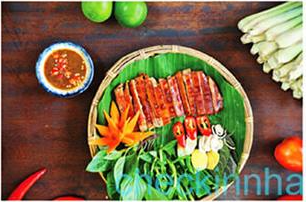
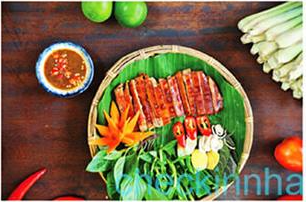
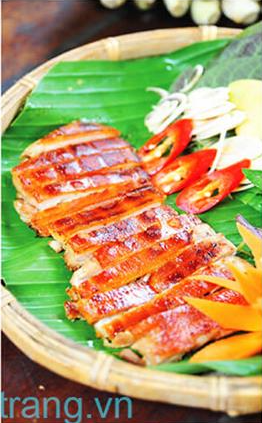
( Discount 5% member 63Stravel Vip )
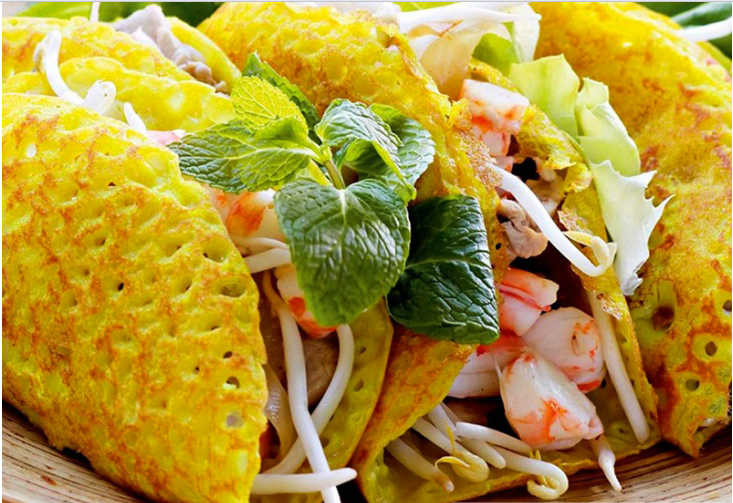
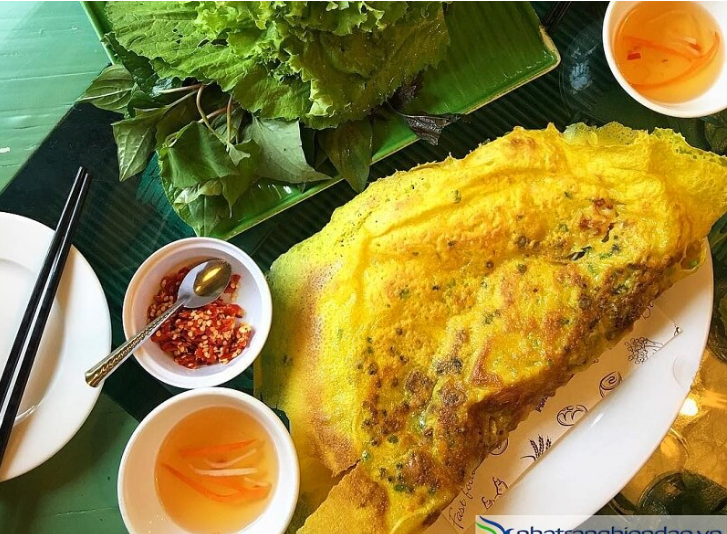
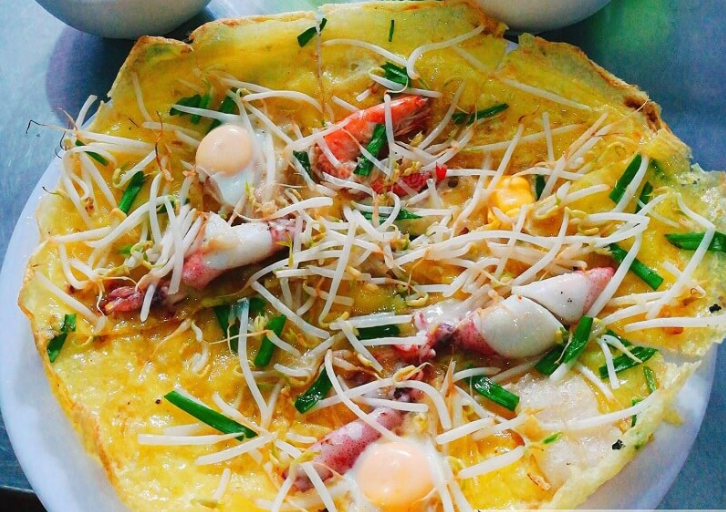
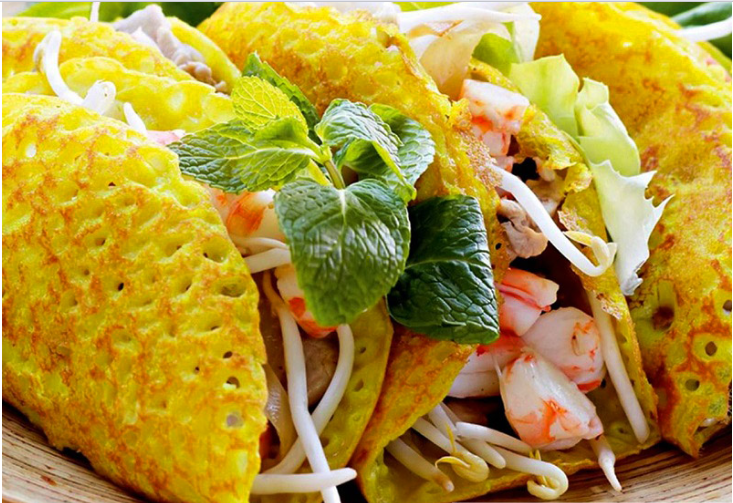
( Discount 5% member 63Stravel Vip )
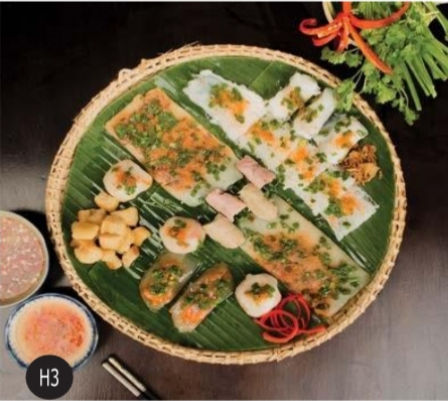
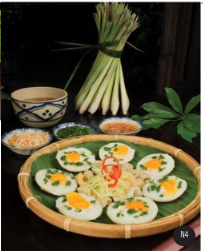
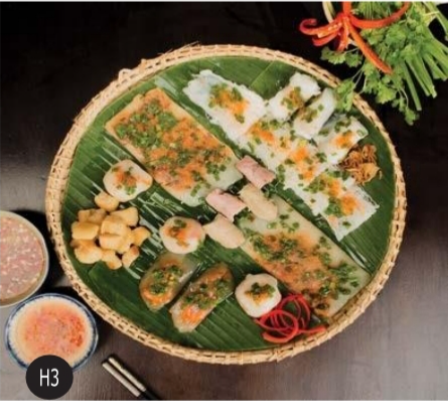
( Discount 5% member 63Stravel Vip )
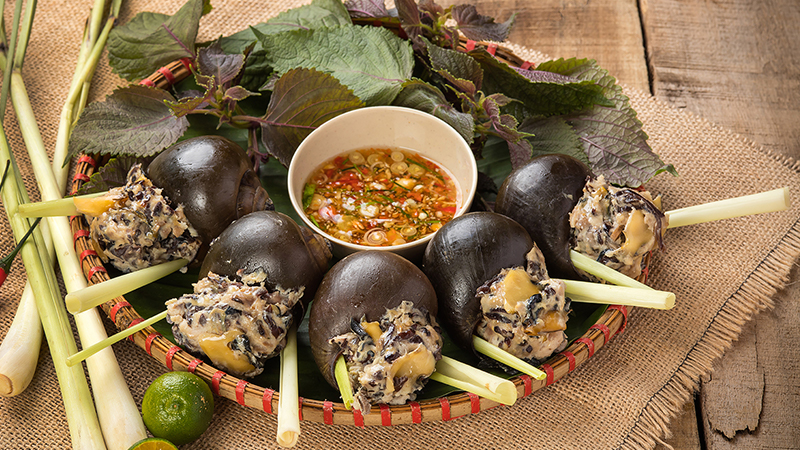
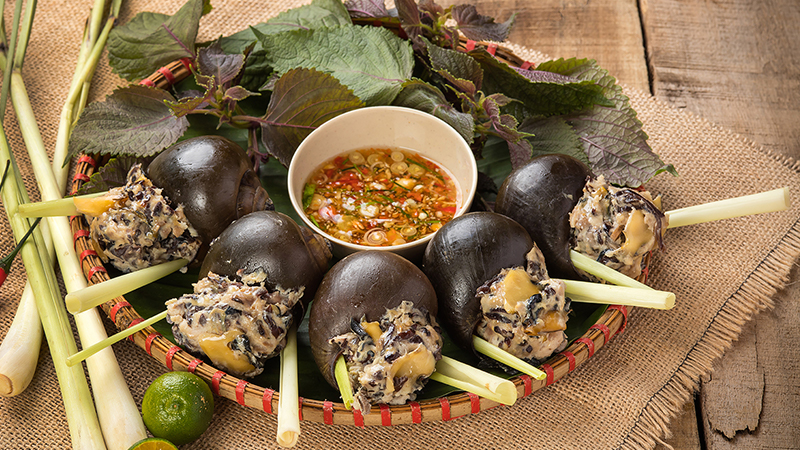
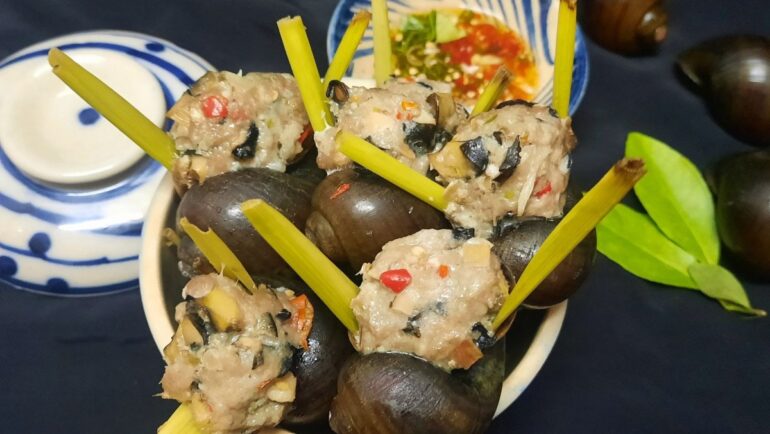
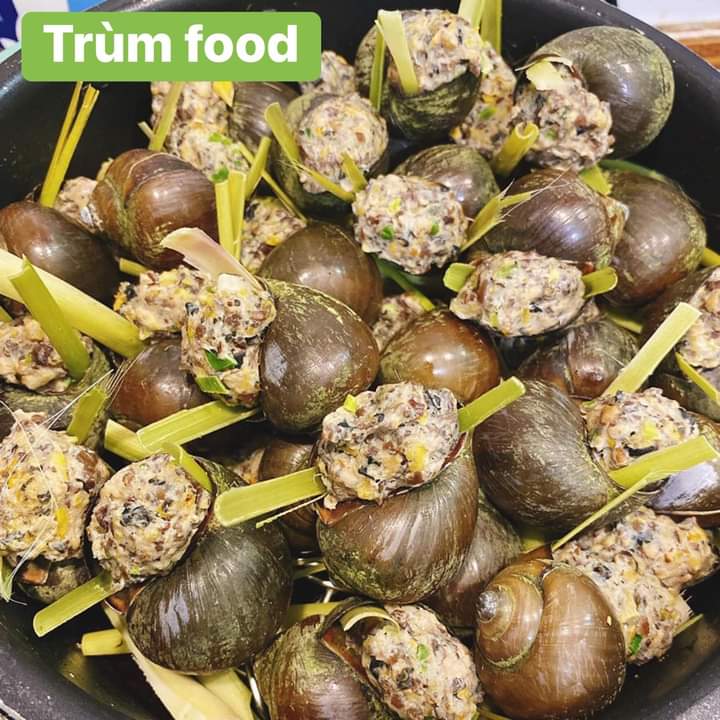
( Discount 5% member 63Stravel Vip )
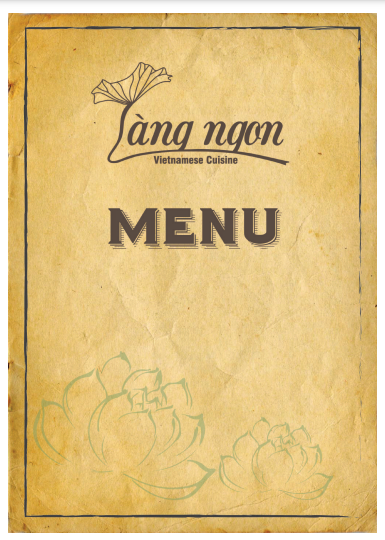
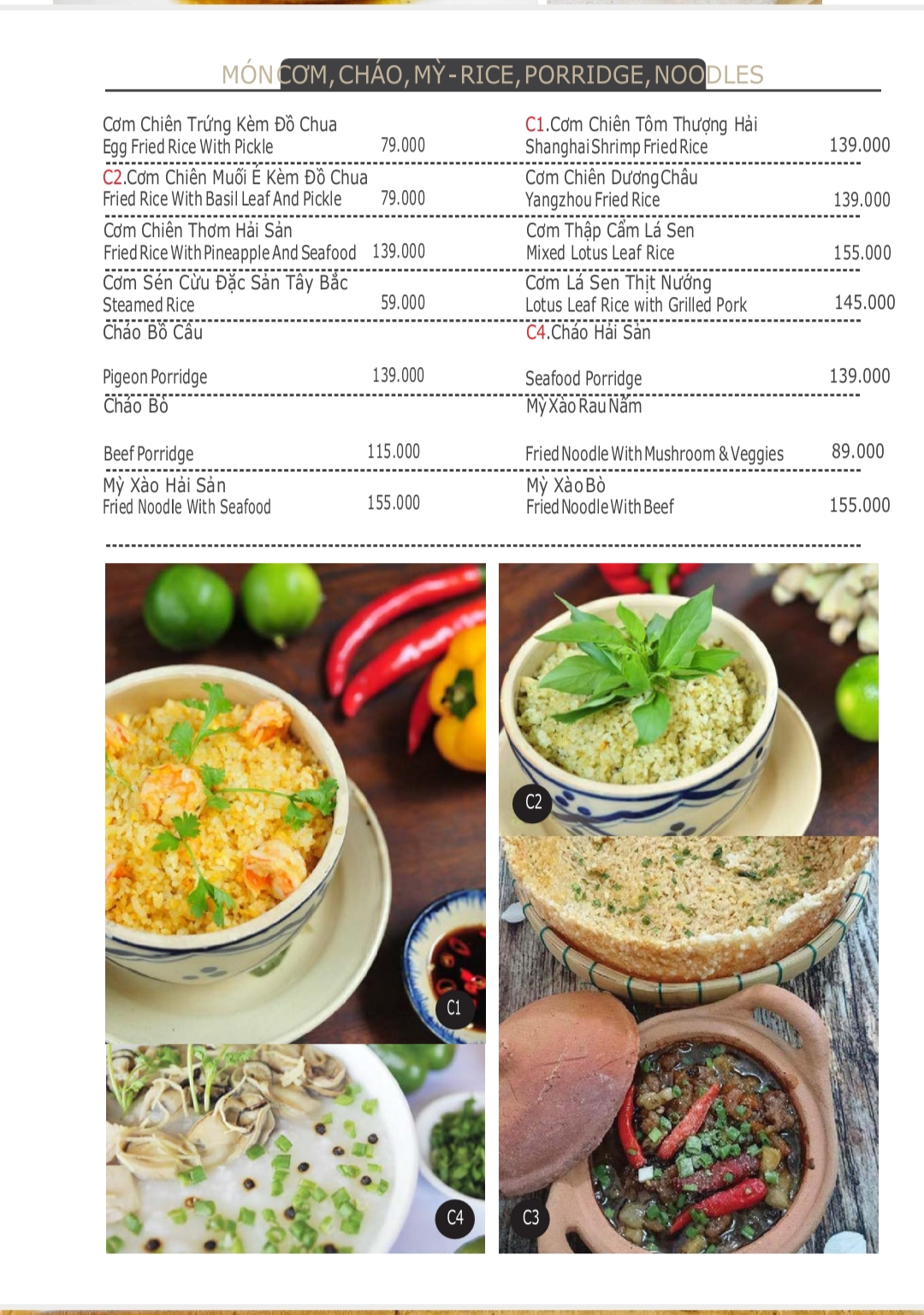
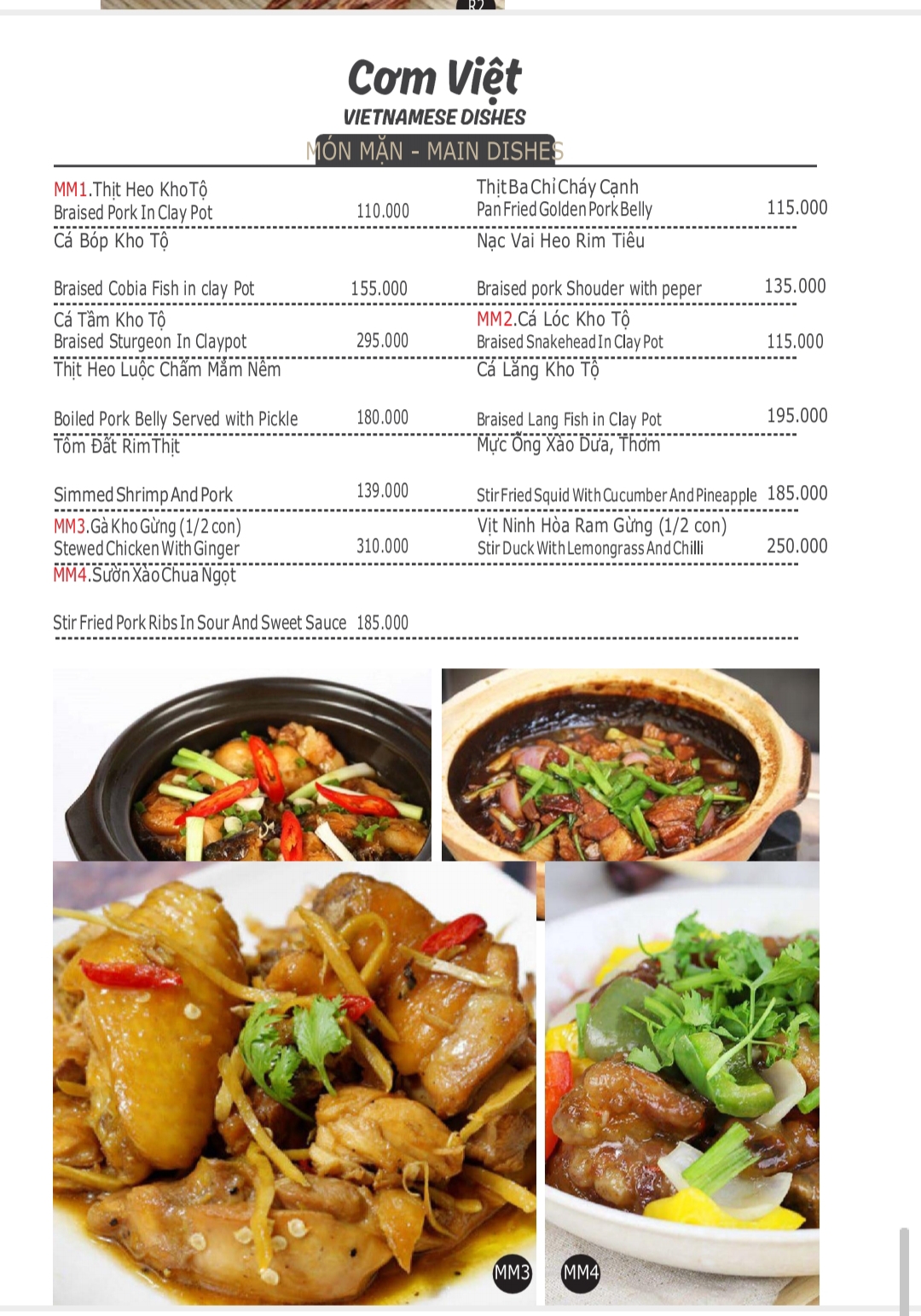
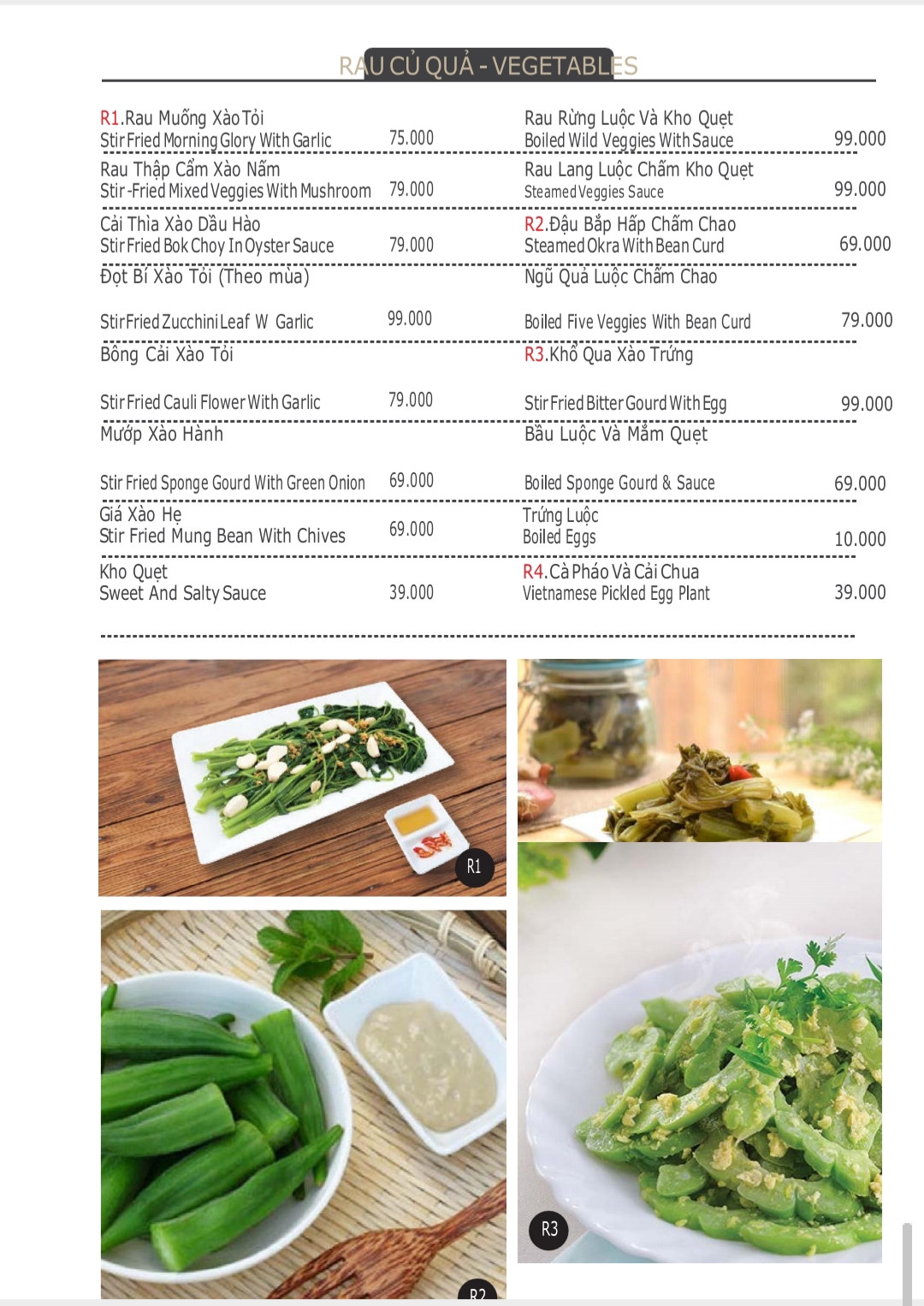
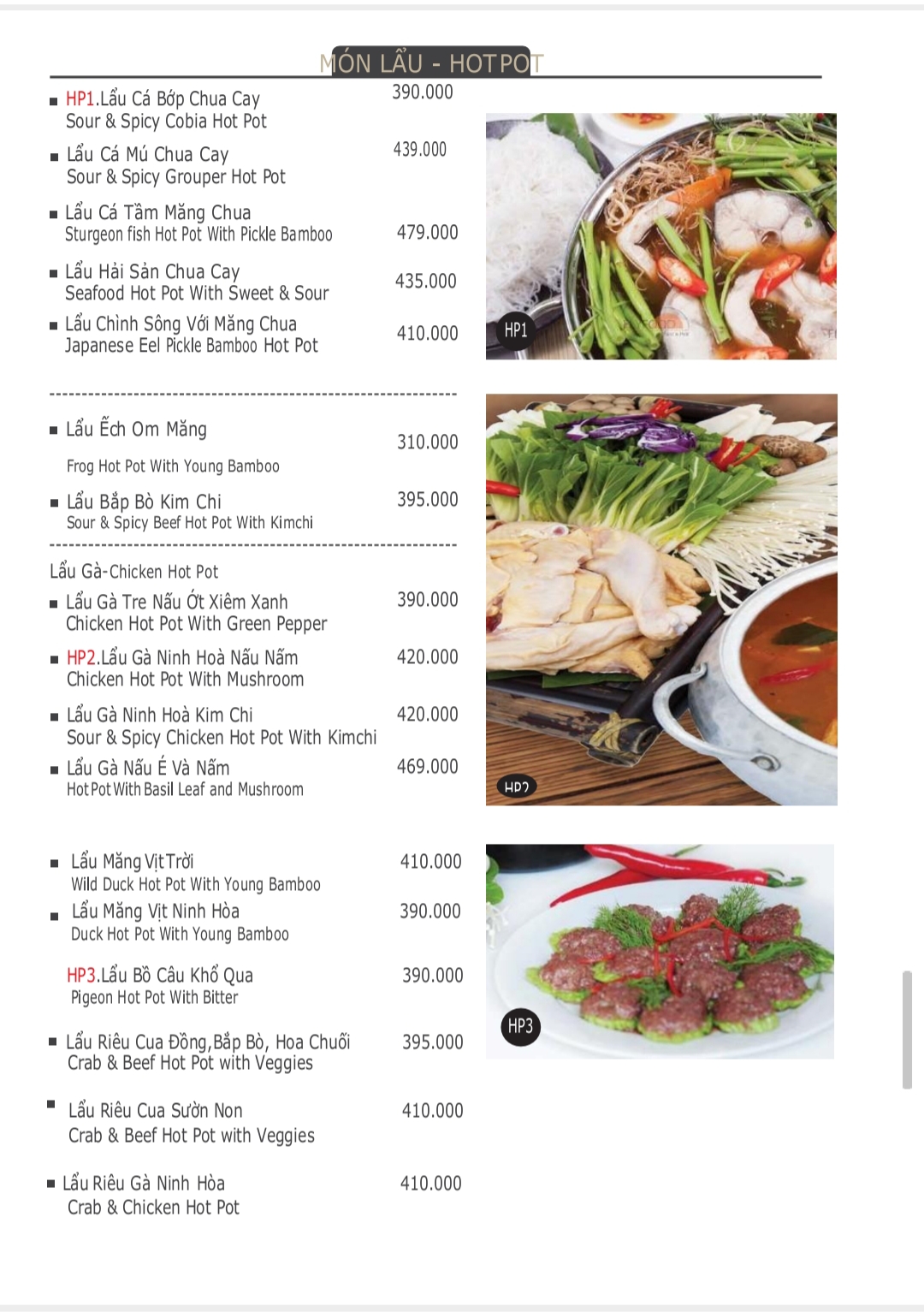
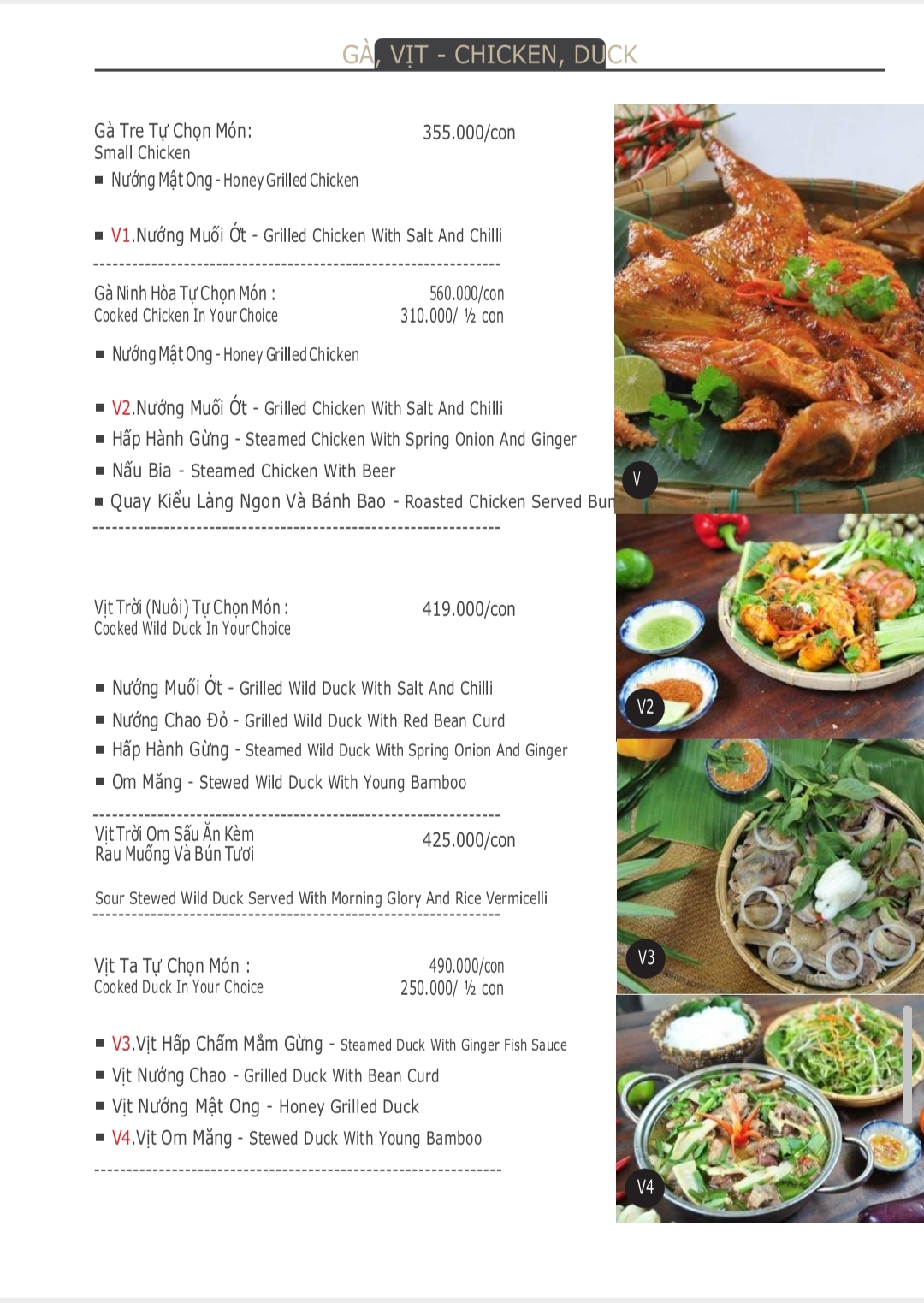
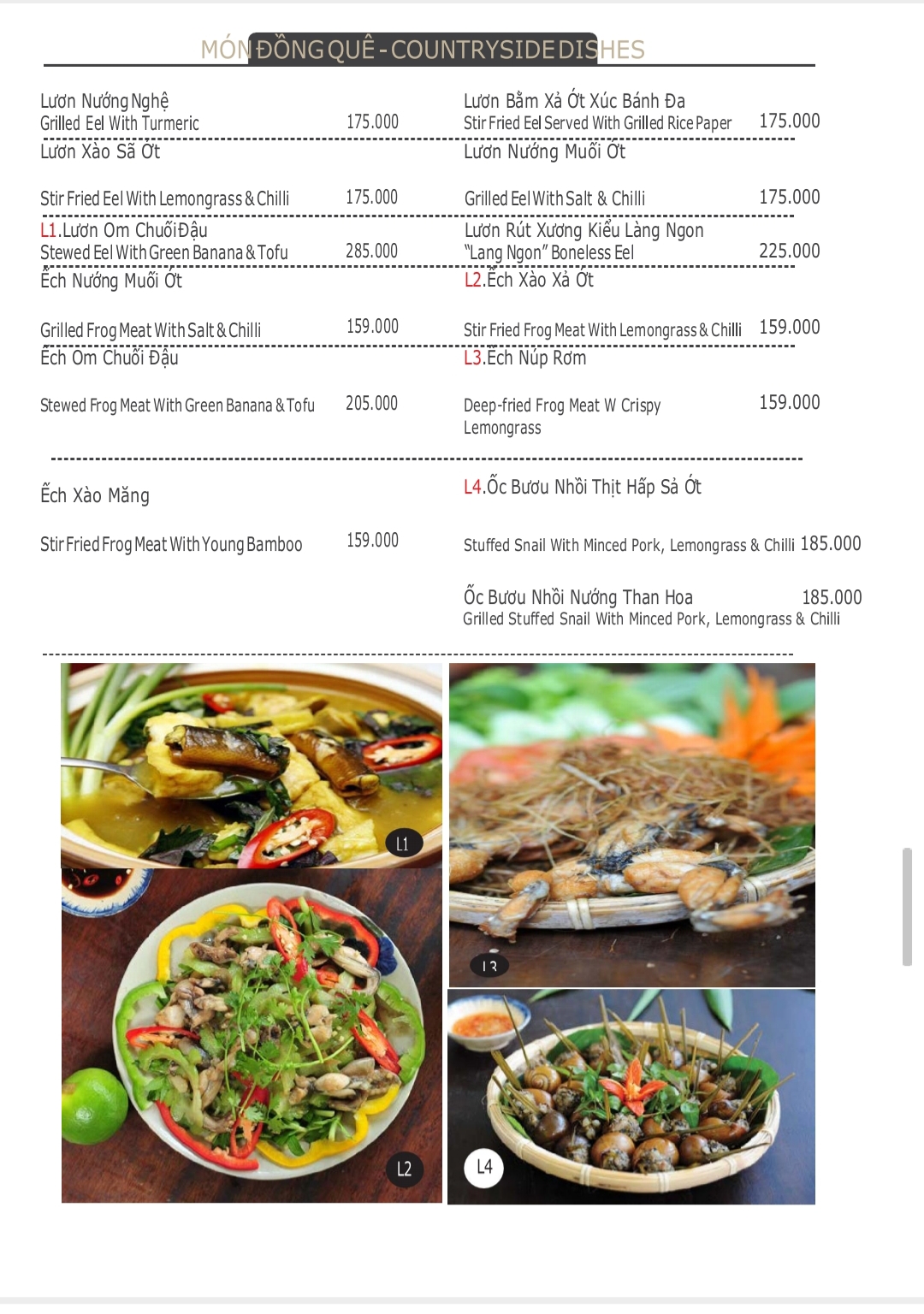
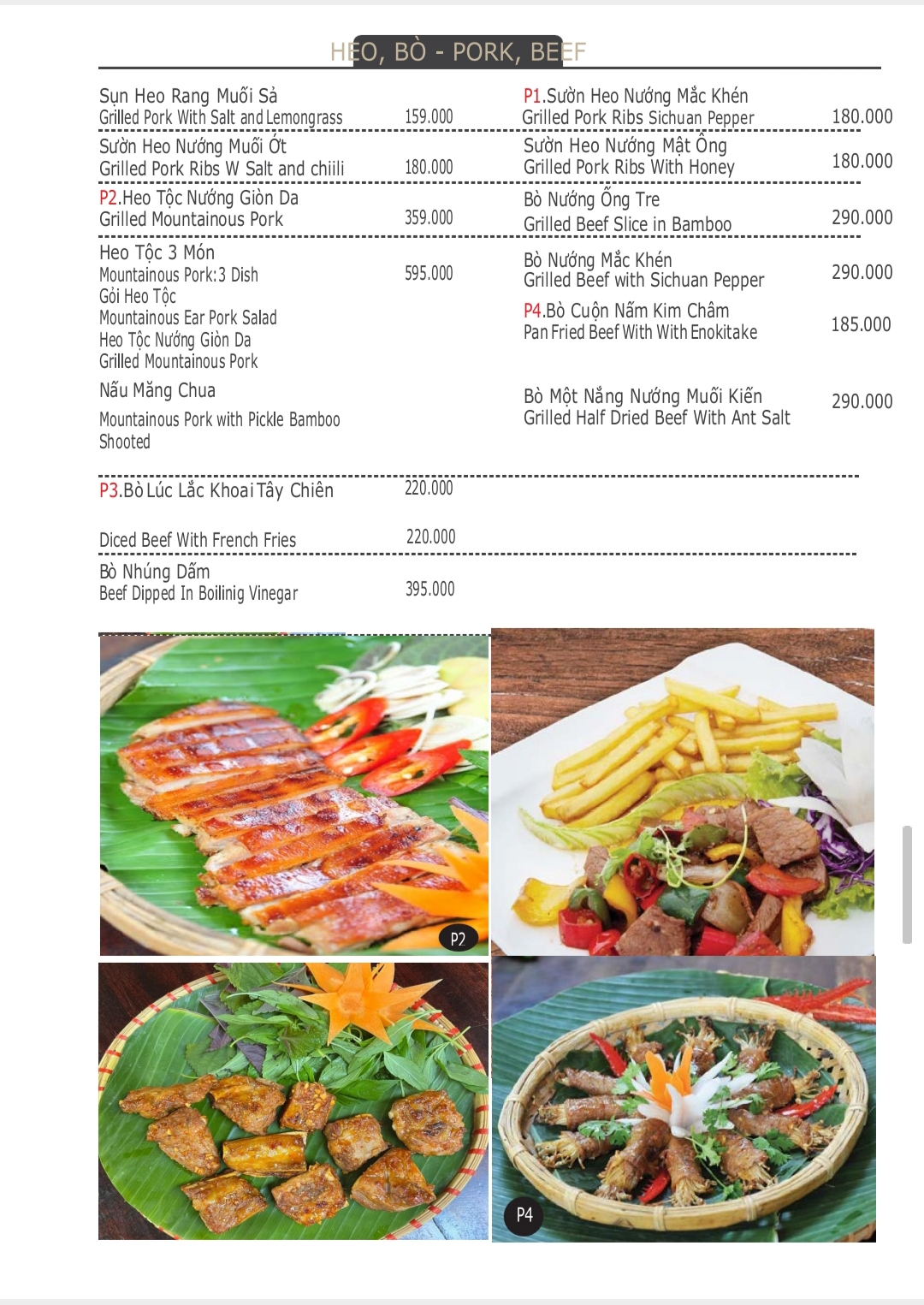

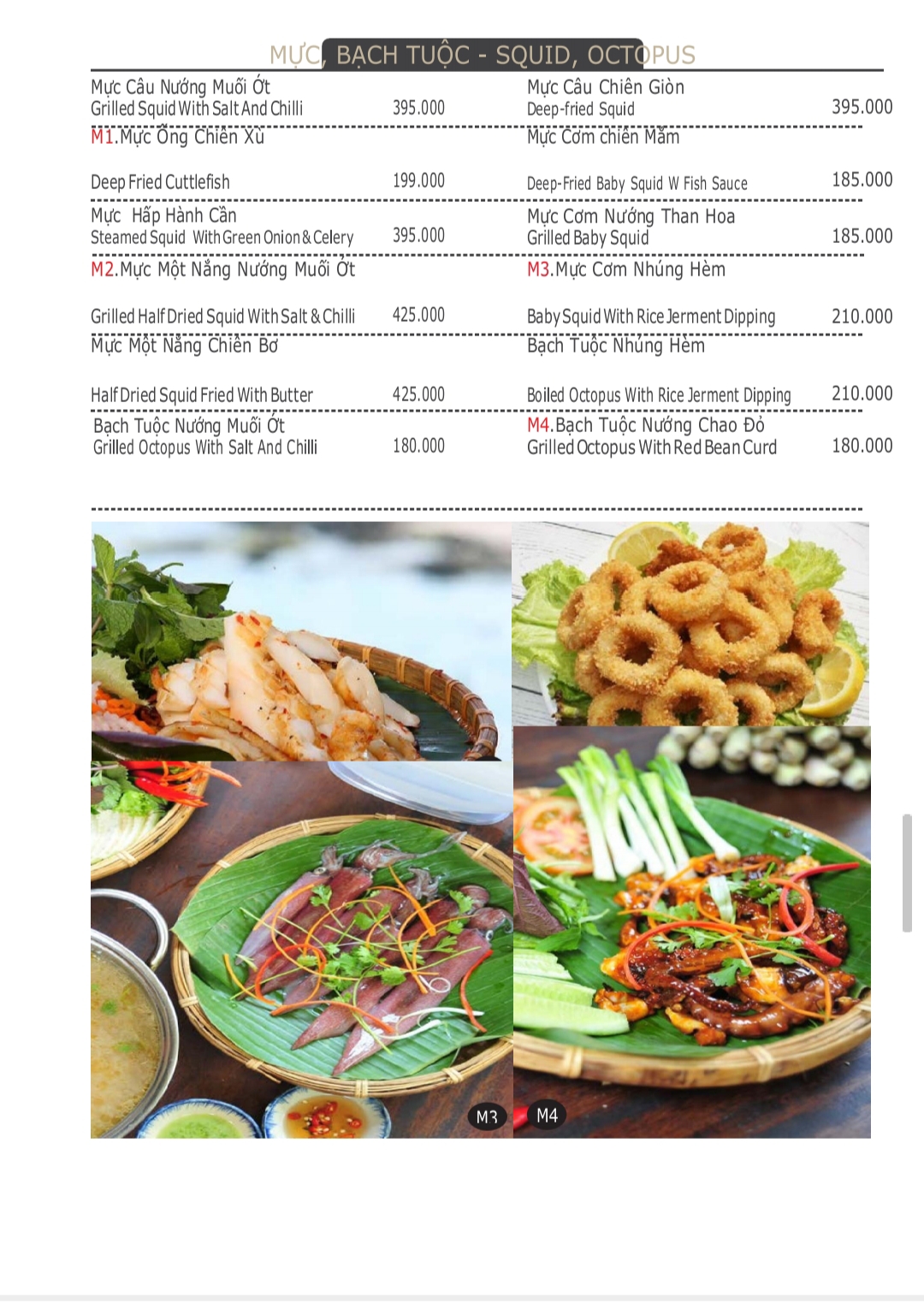
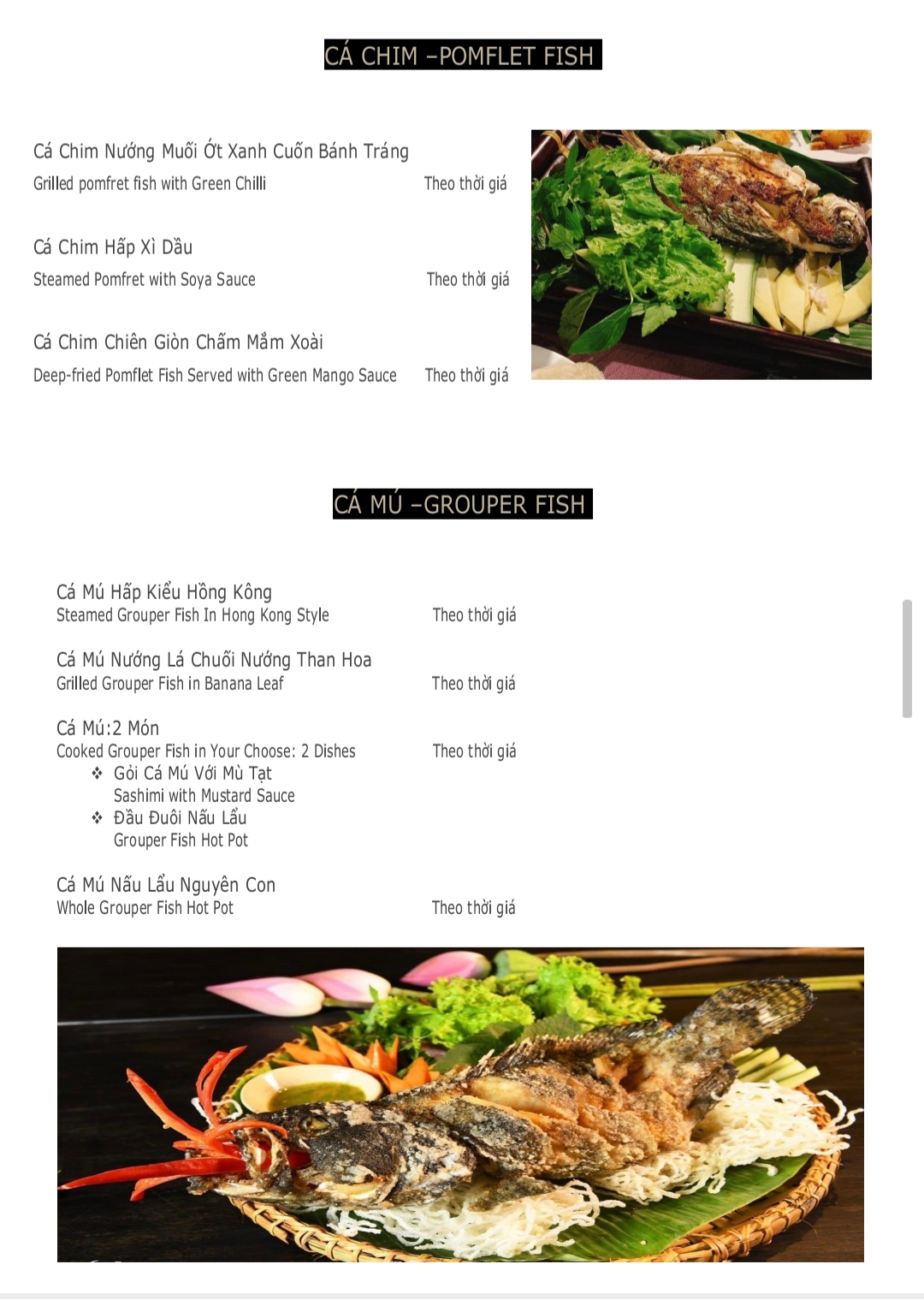
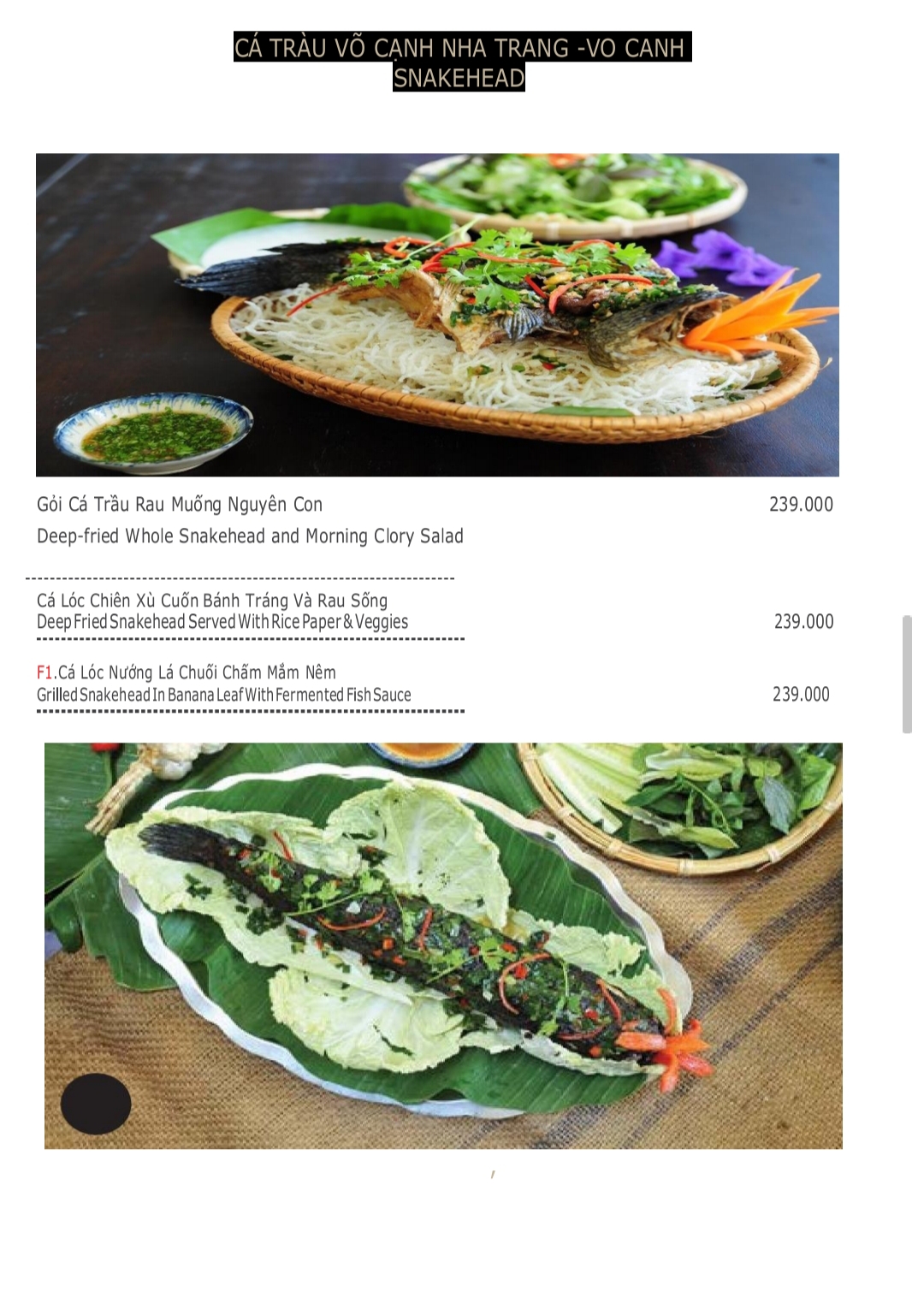
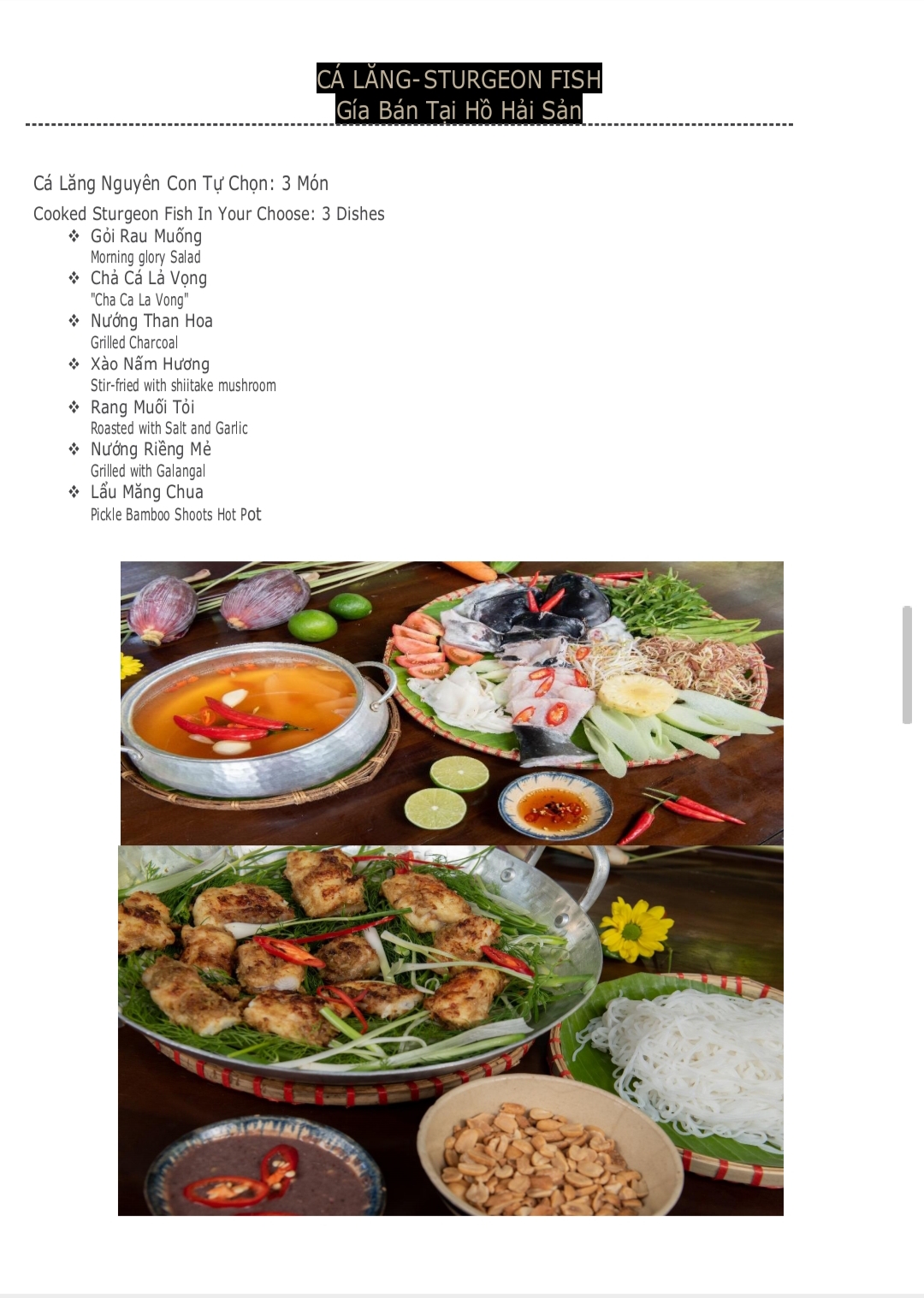
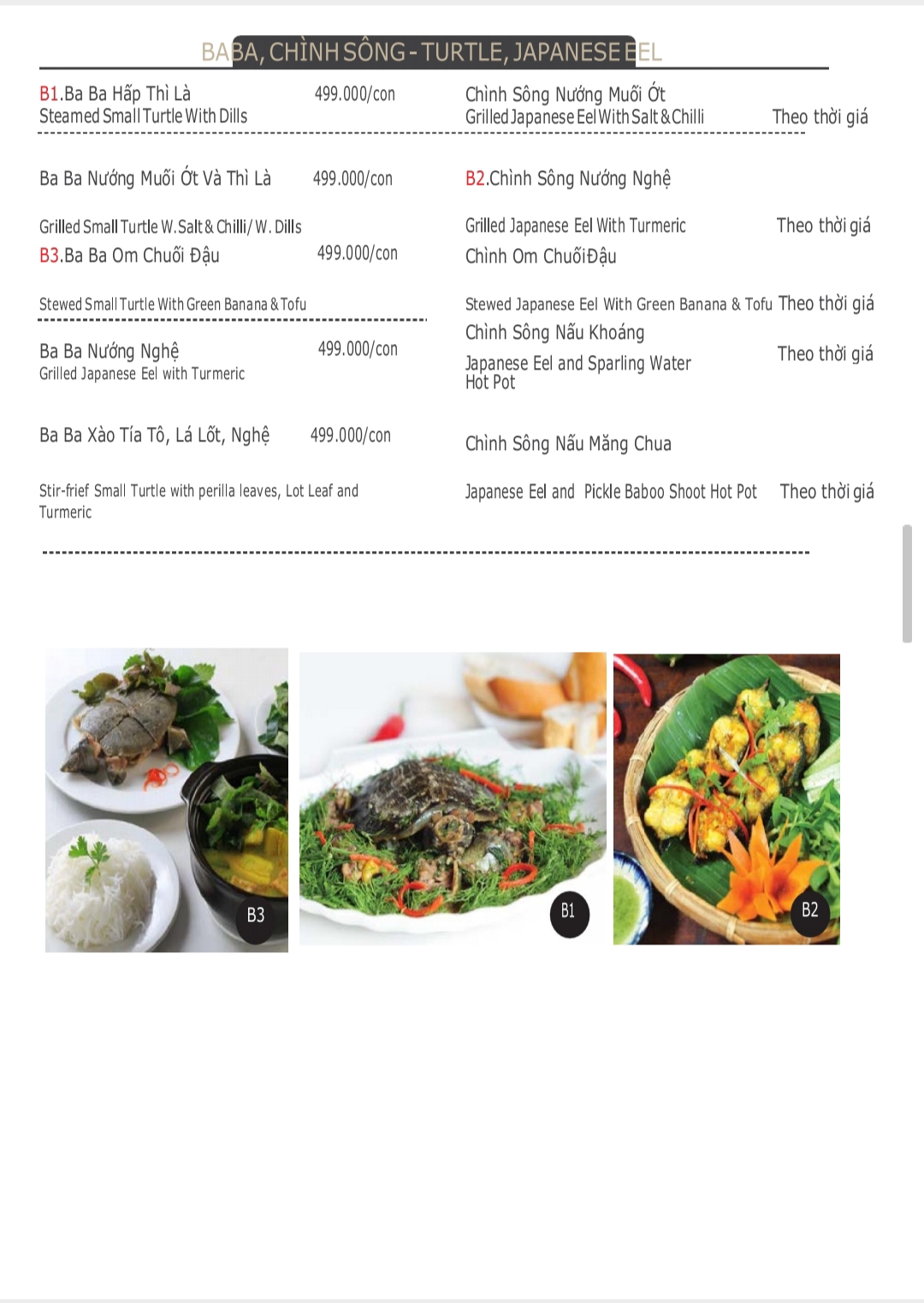
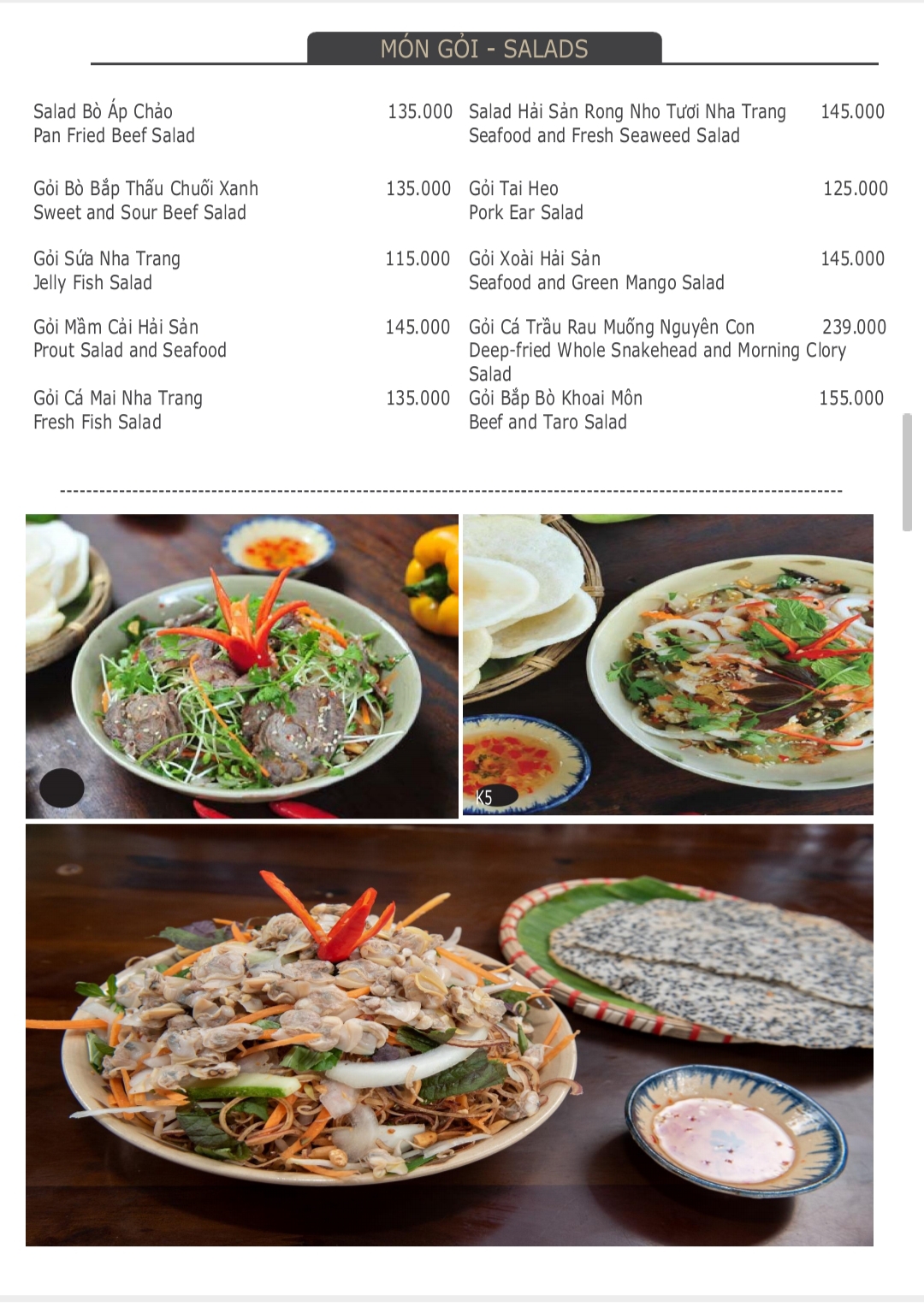
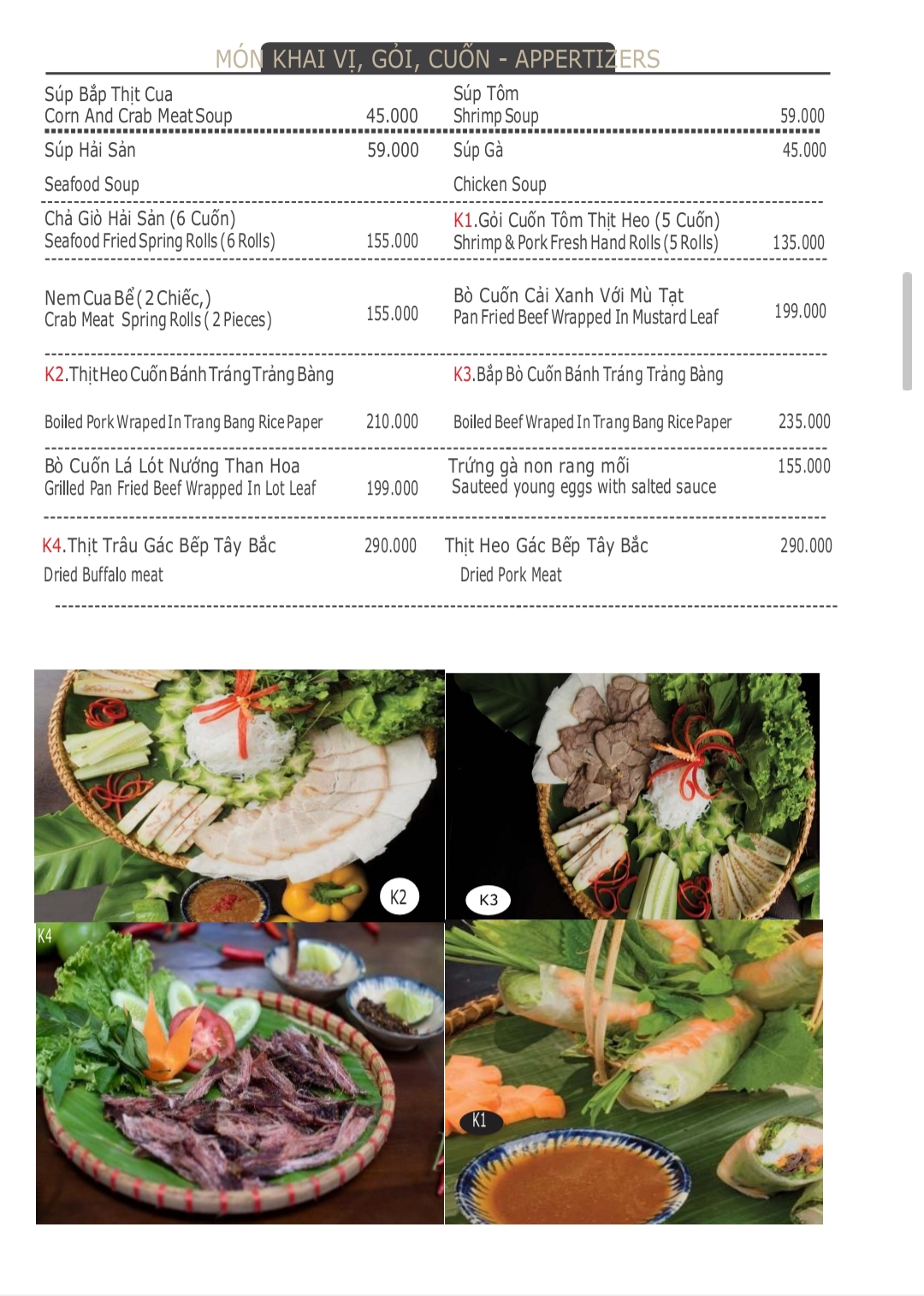
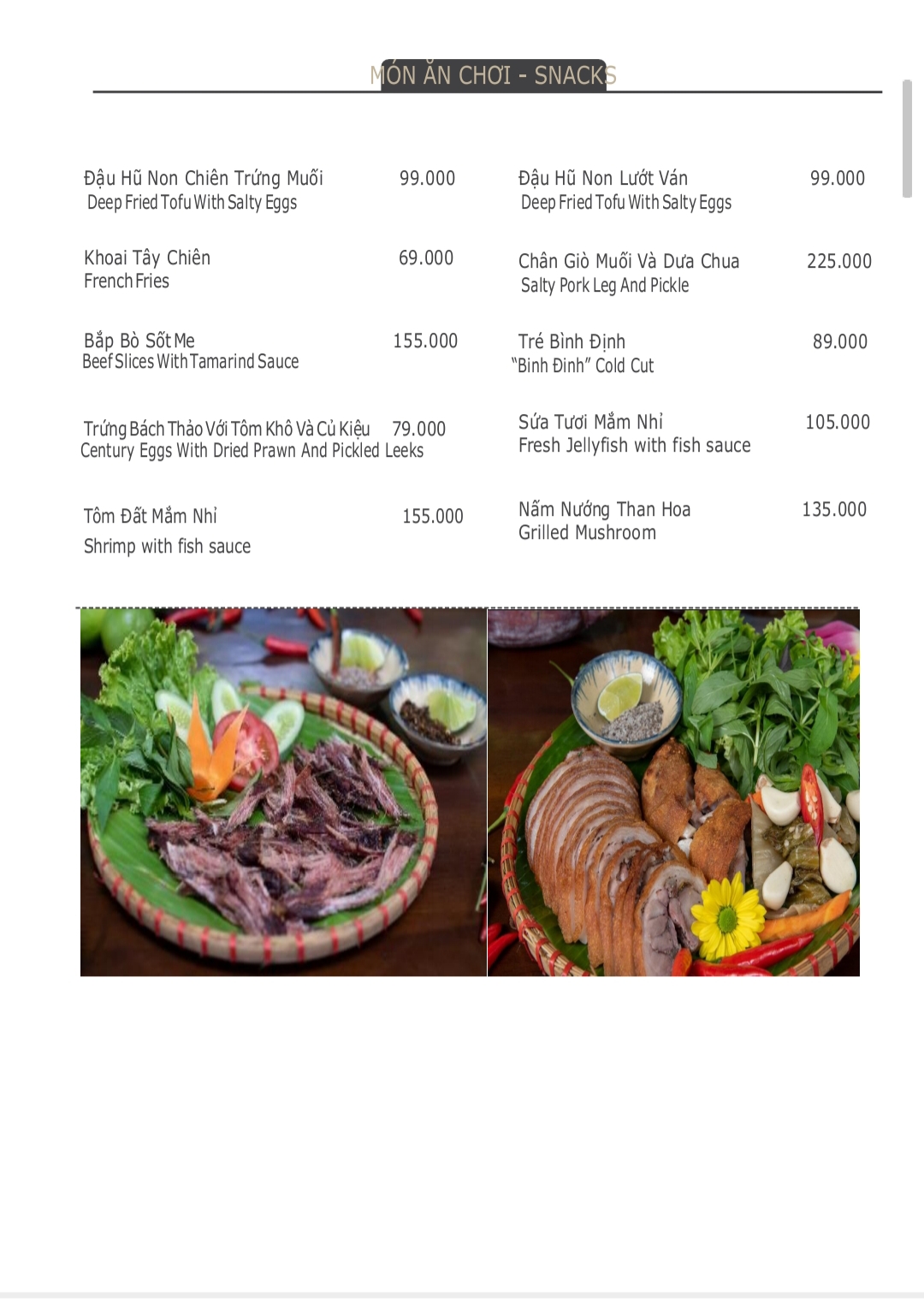
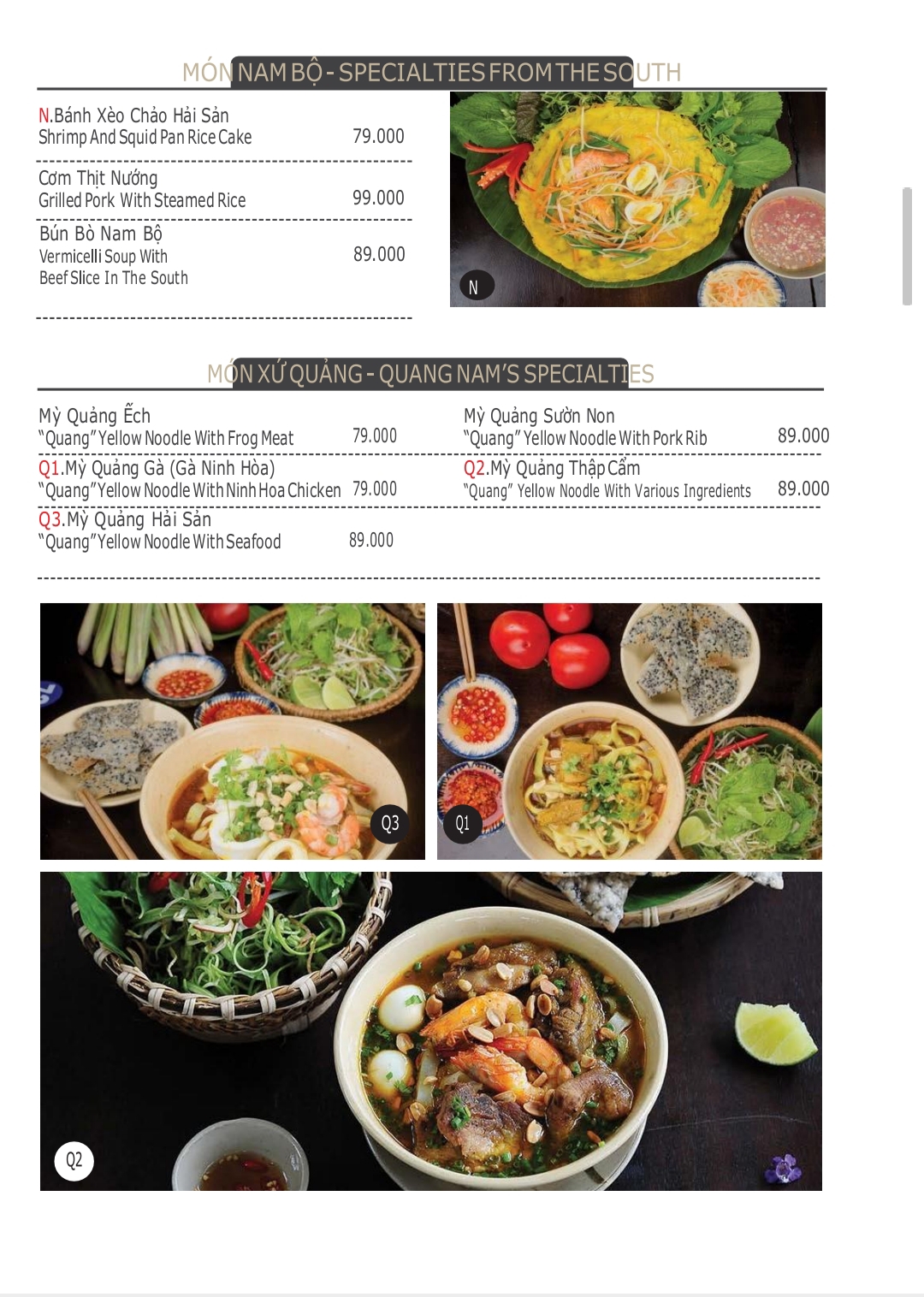
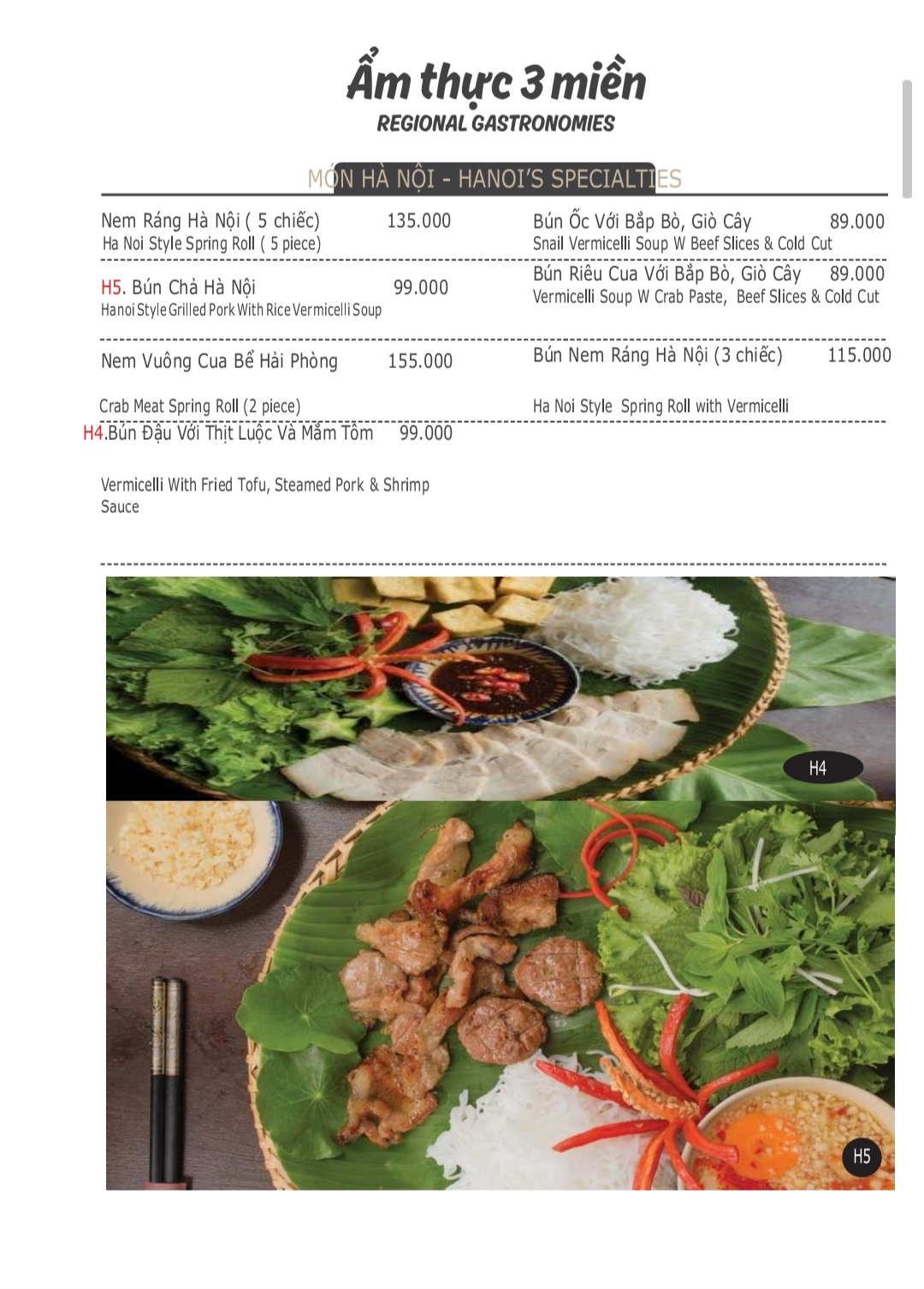
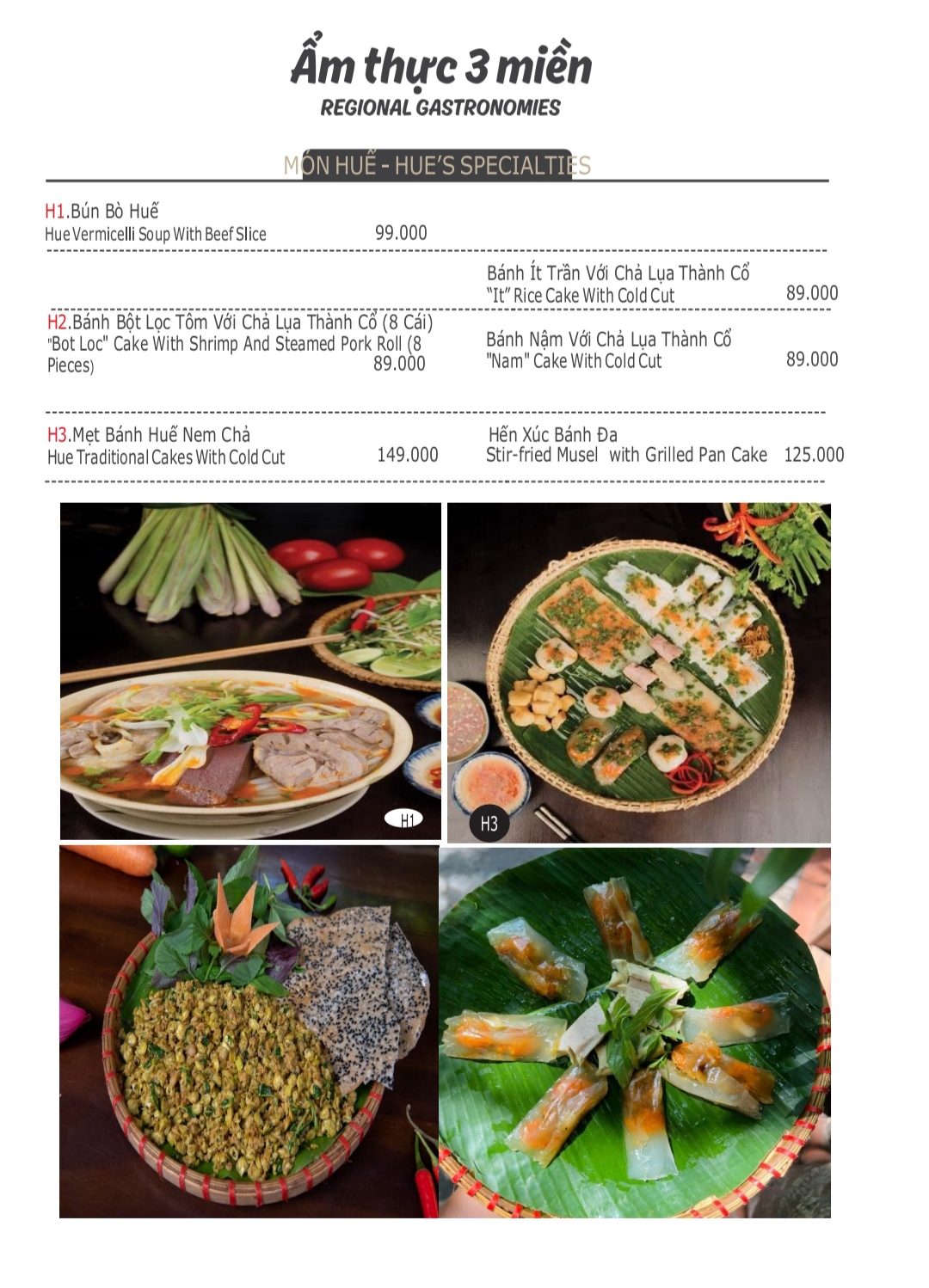
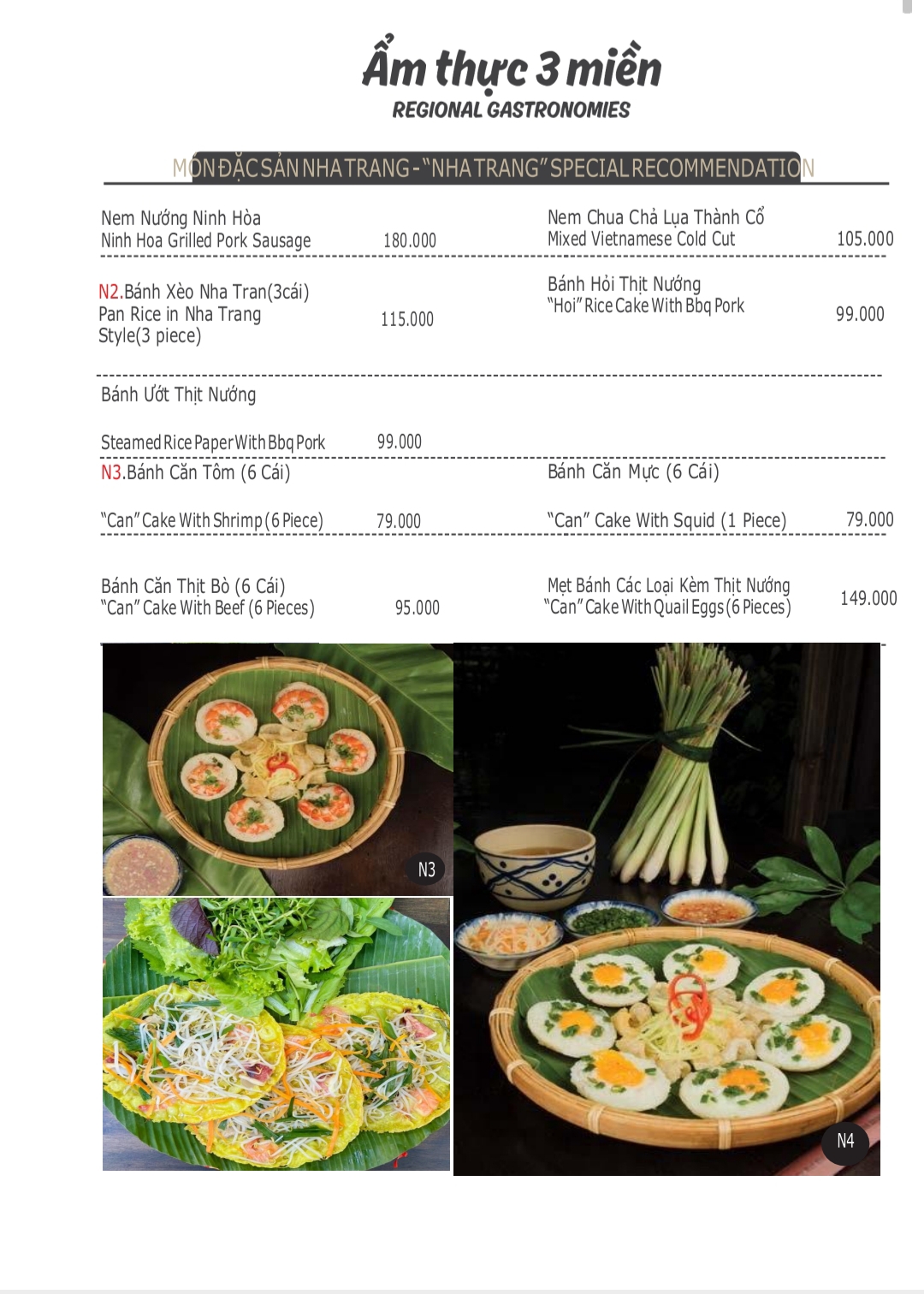
( Discount 5% member 63Stravel Vip )
( Discount 5% member 63Stravel Vip )
